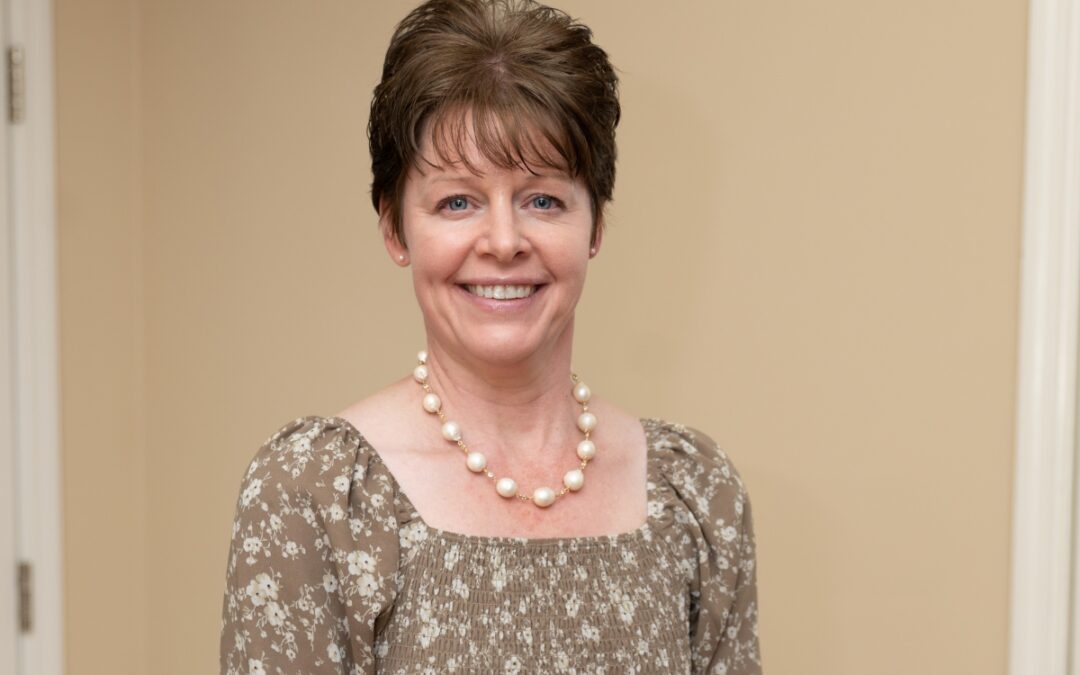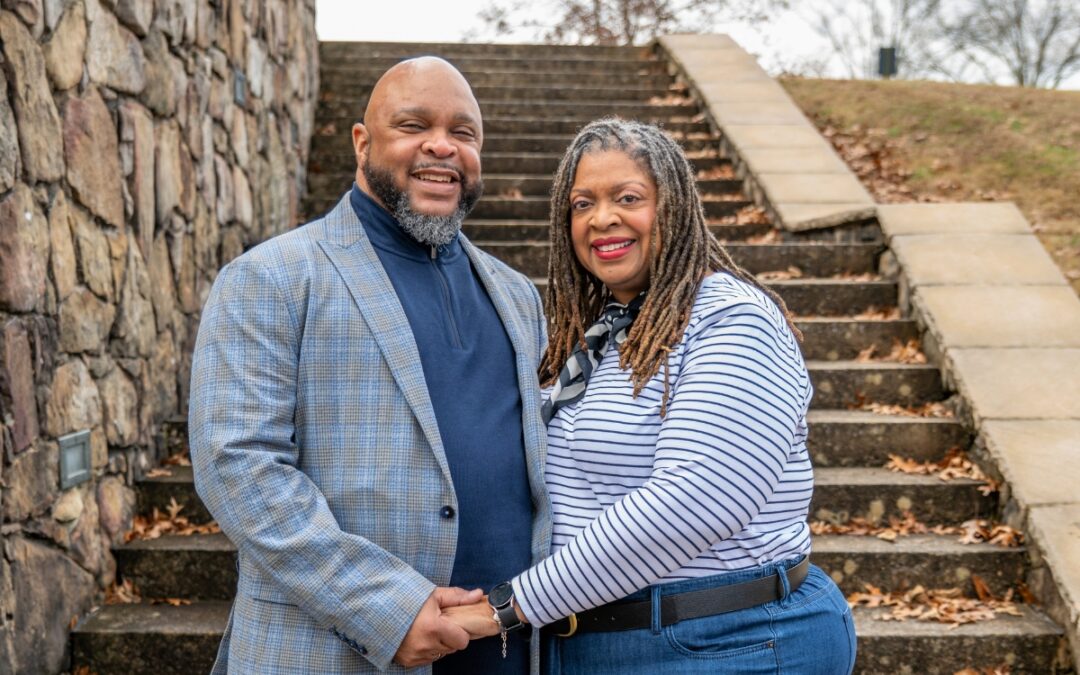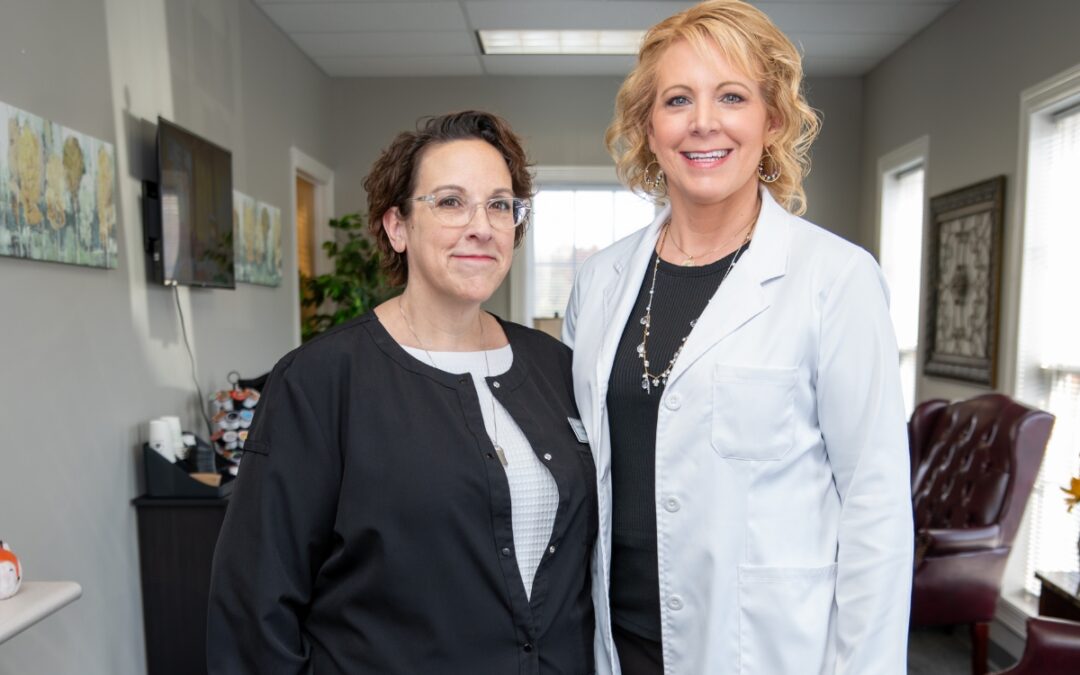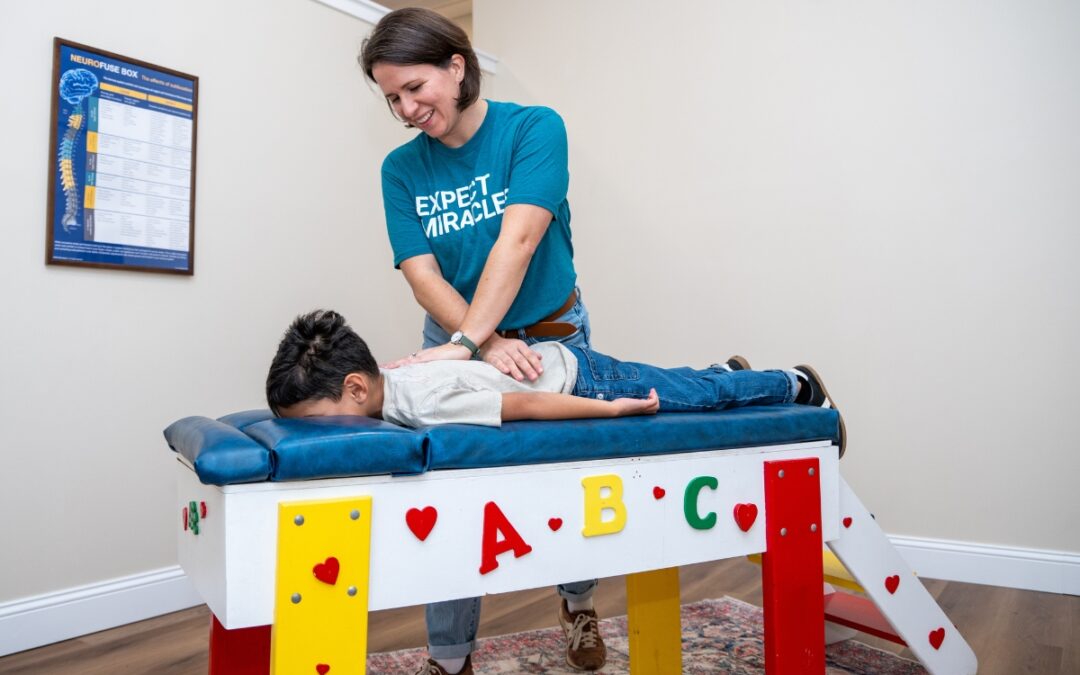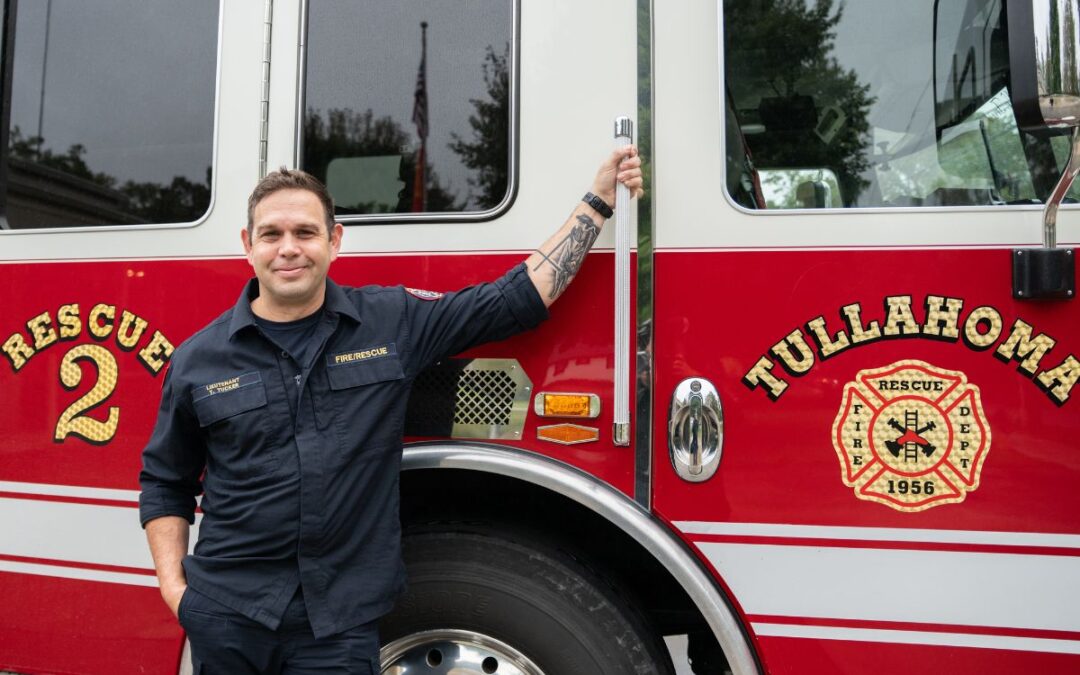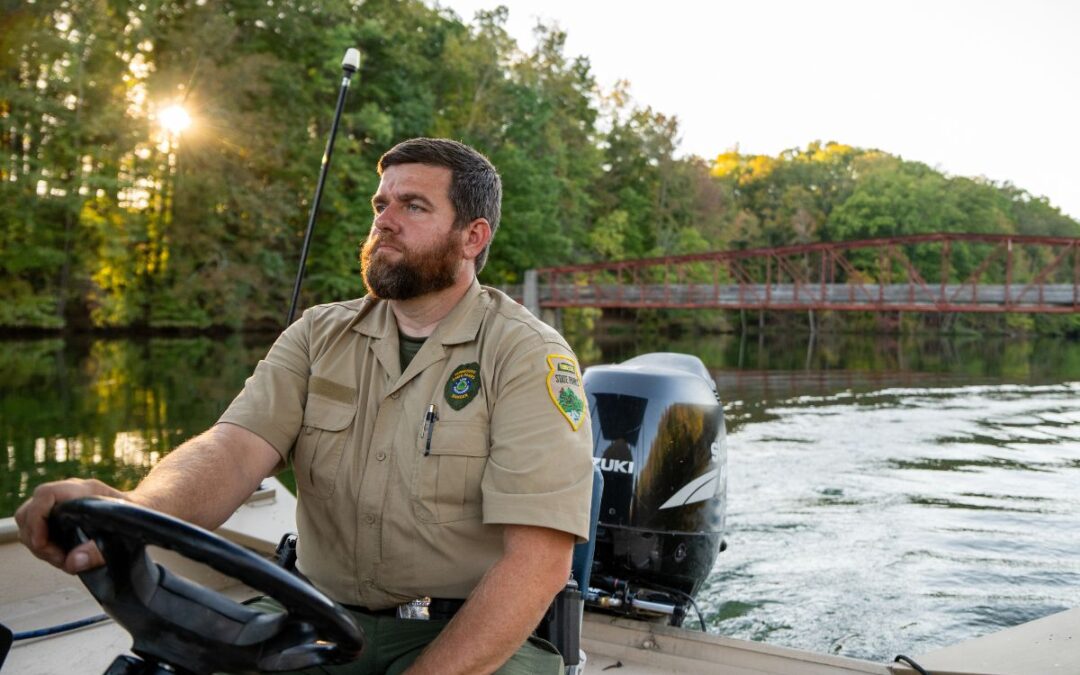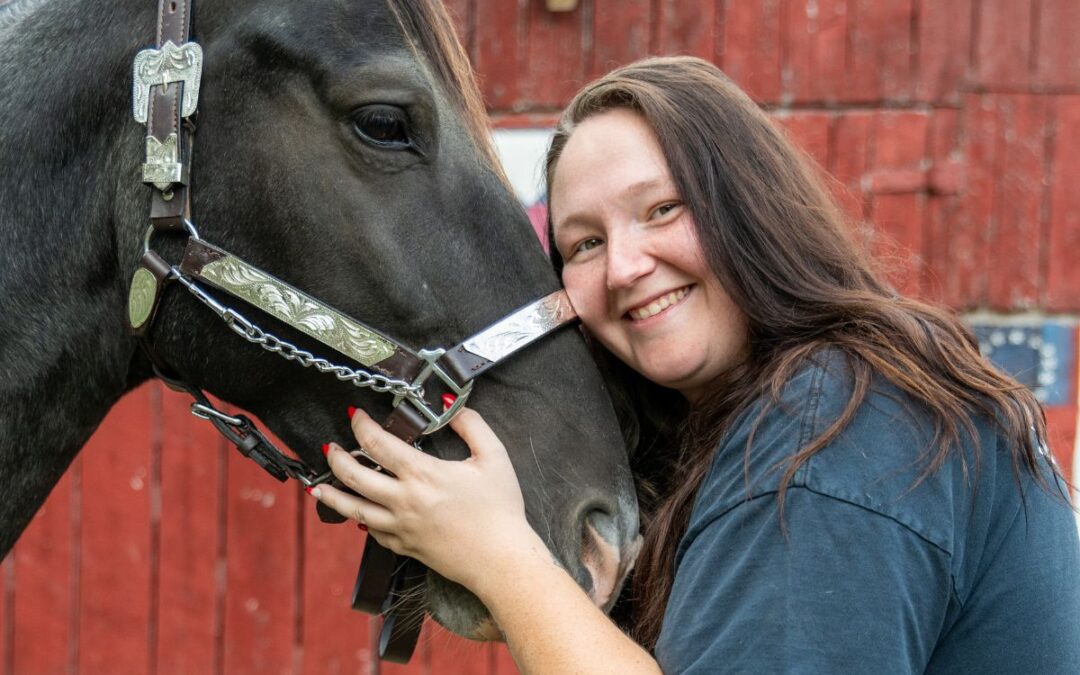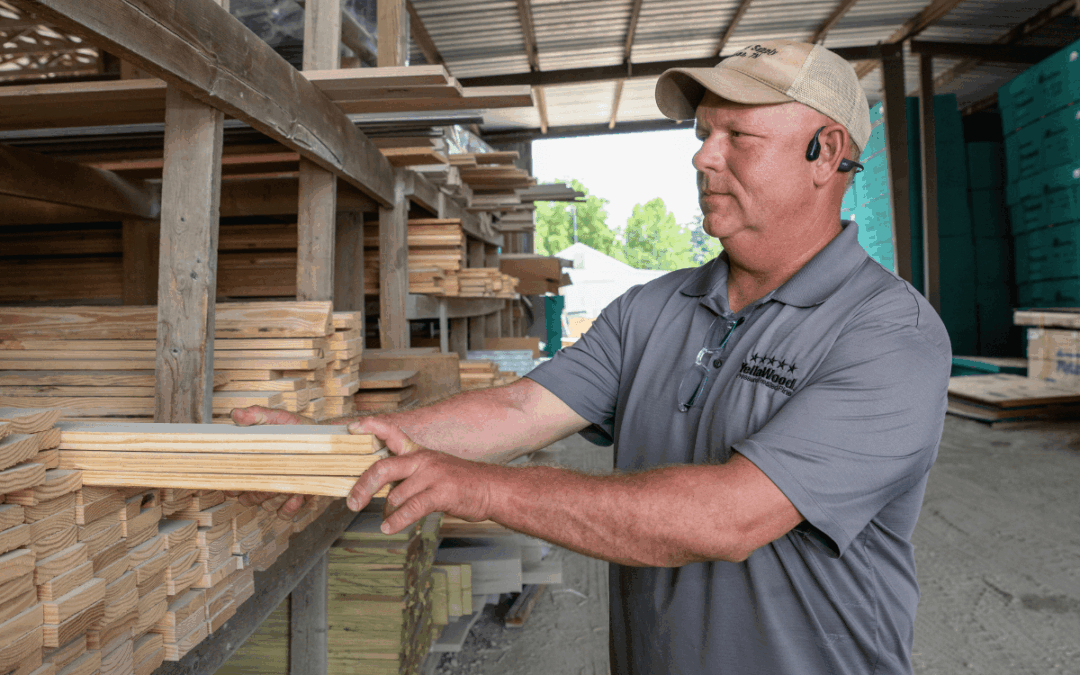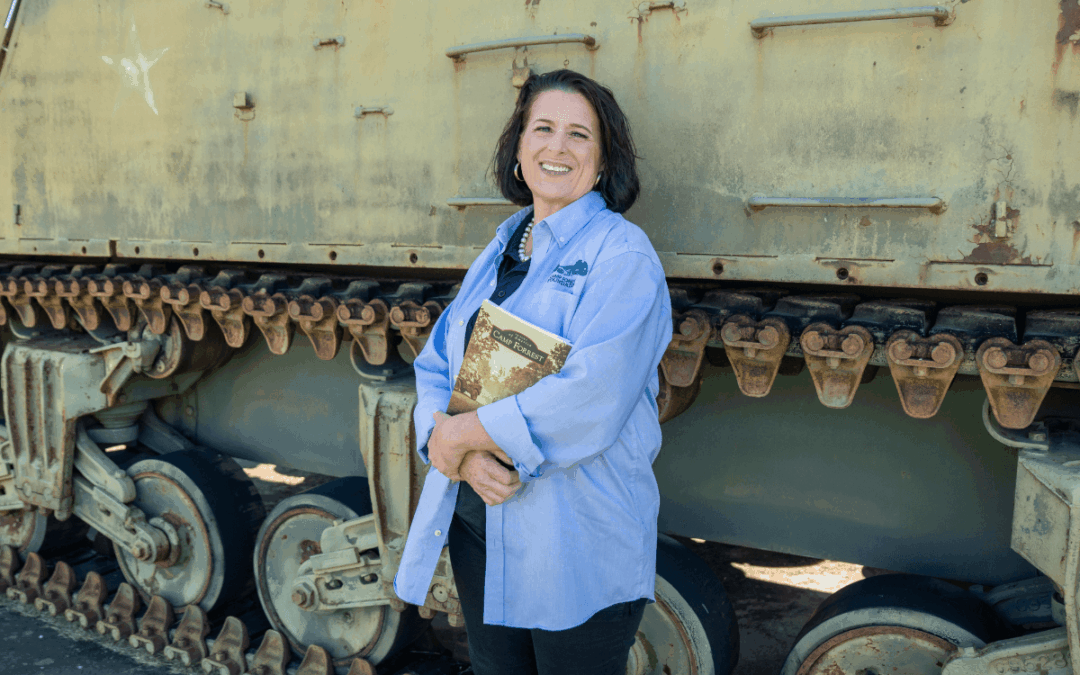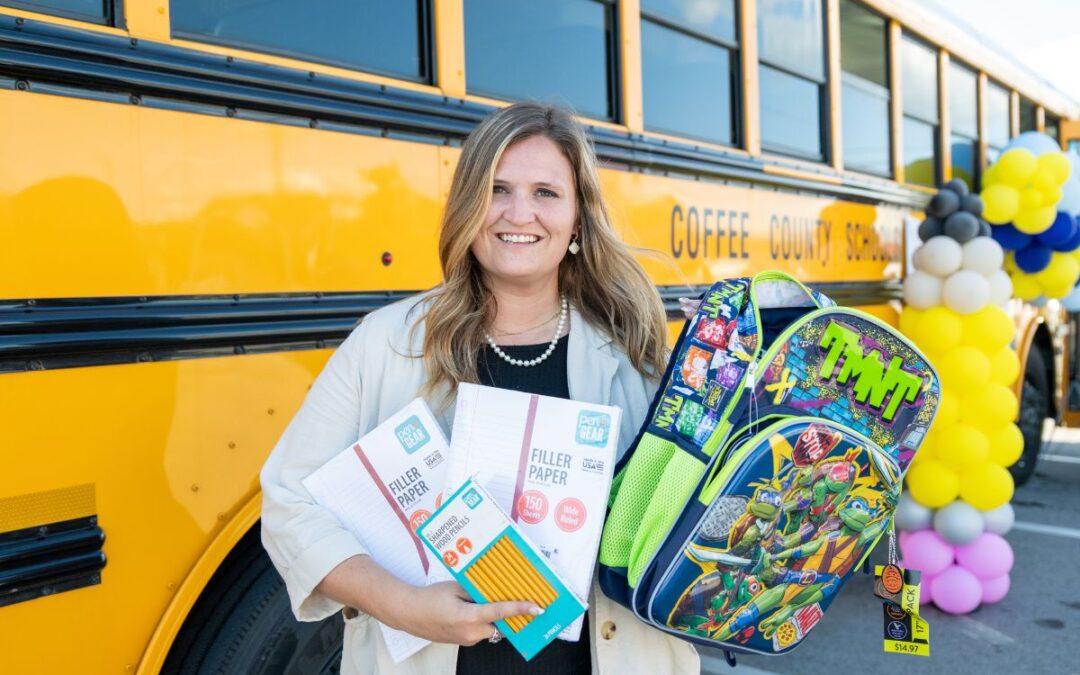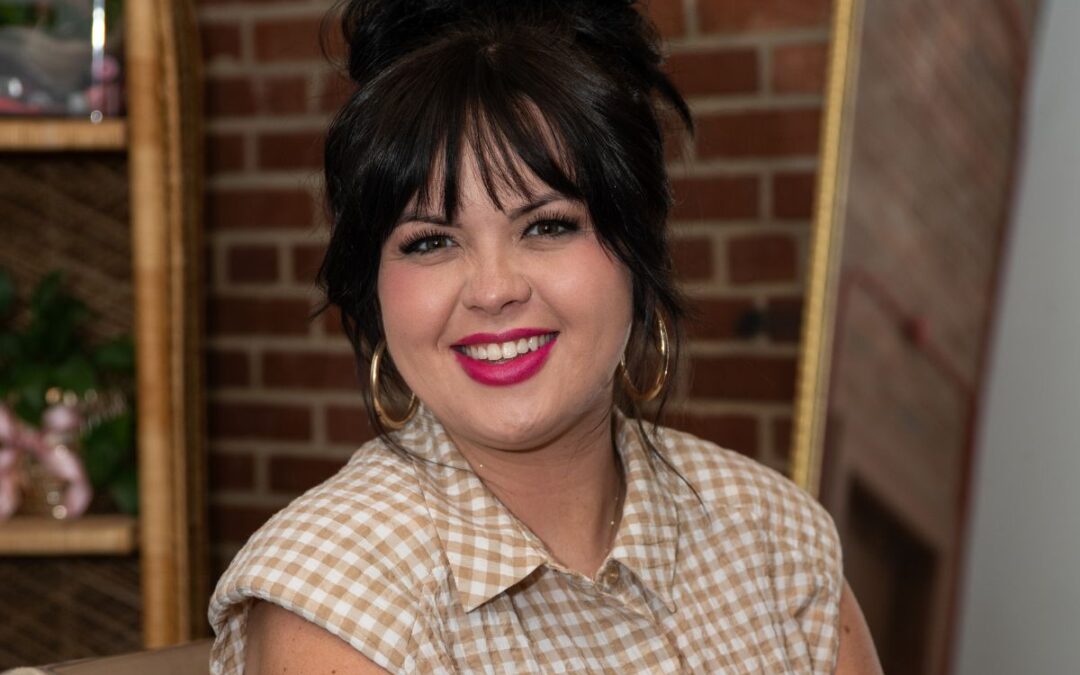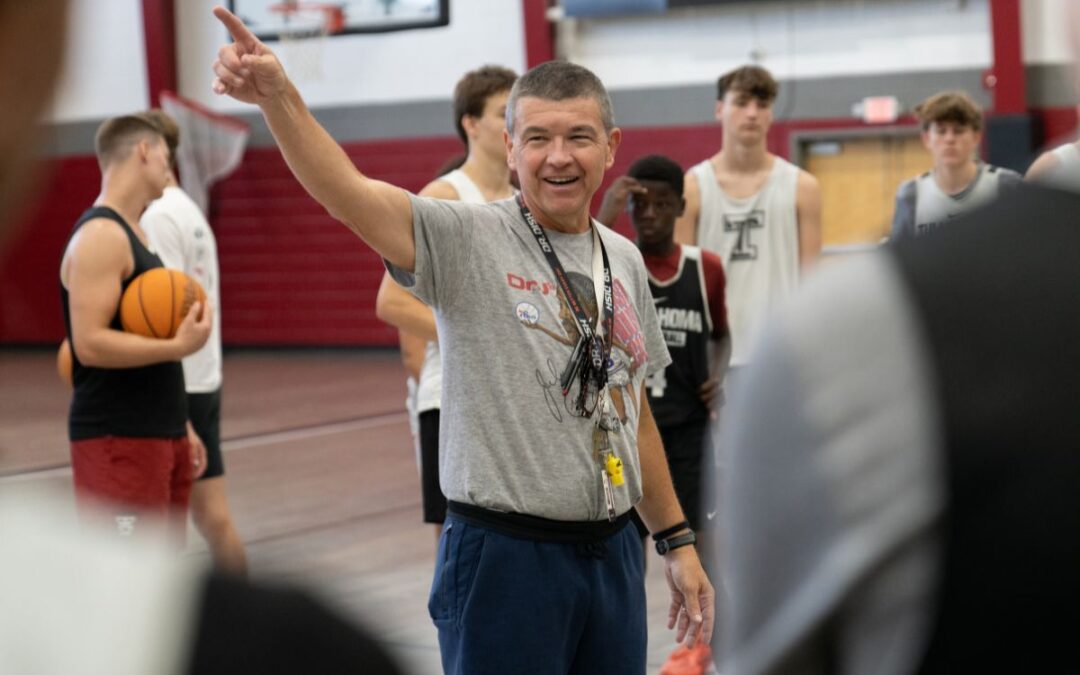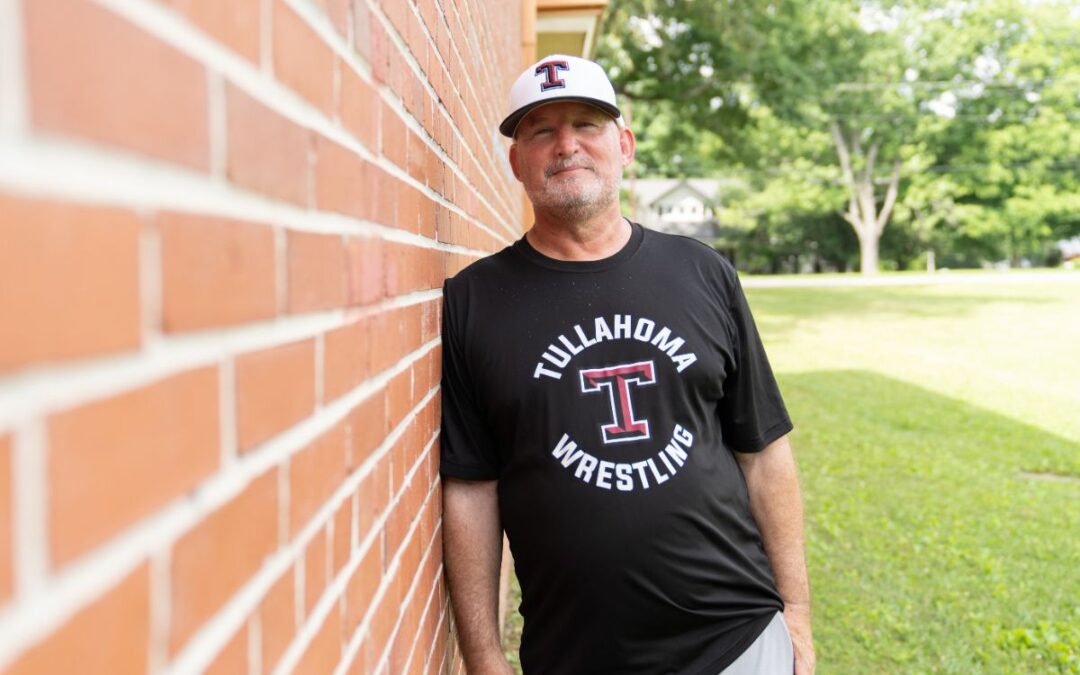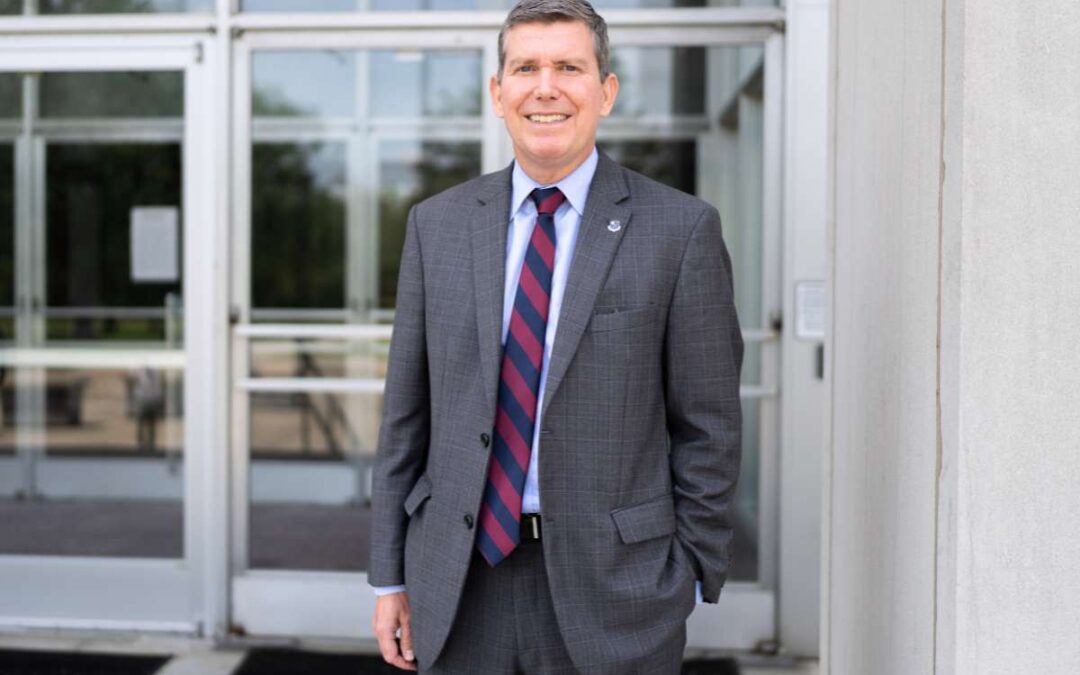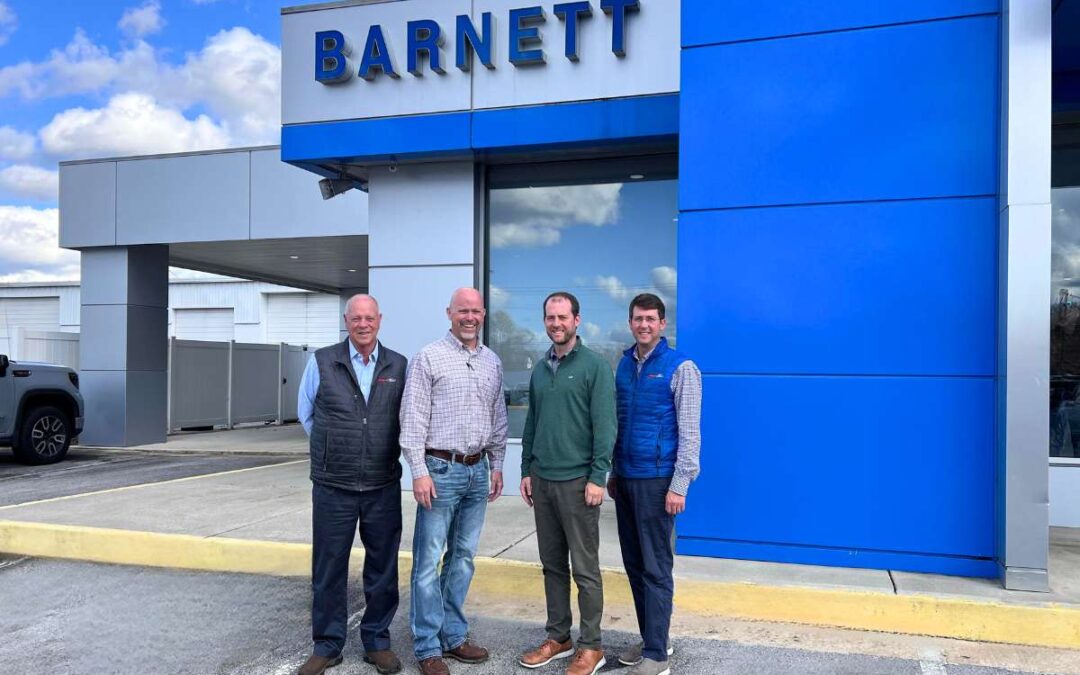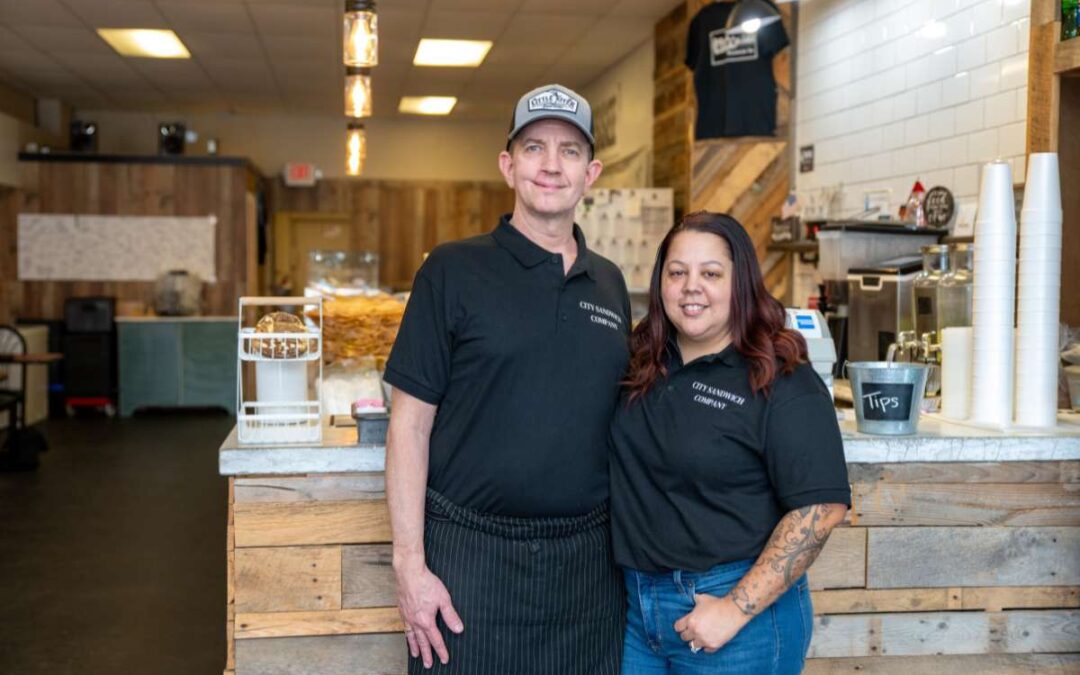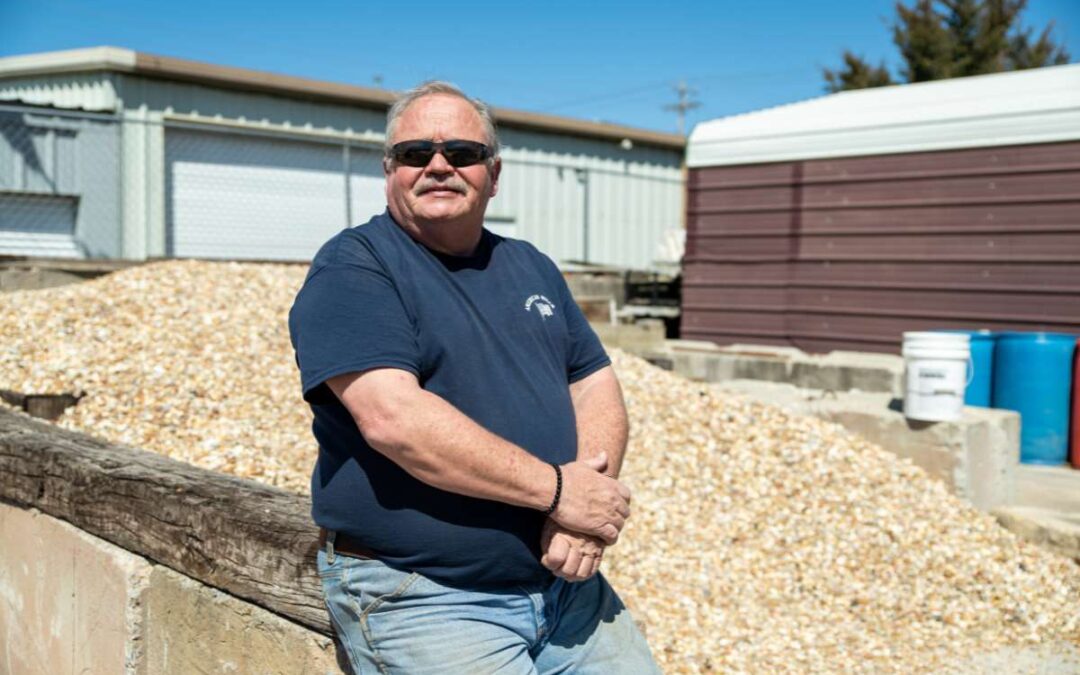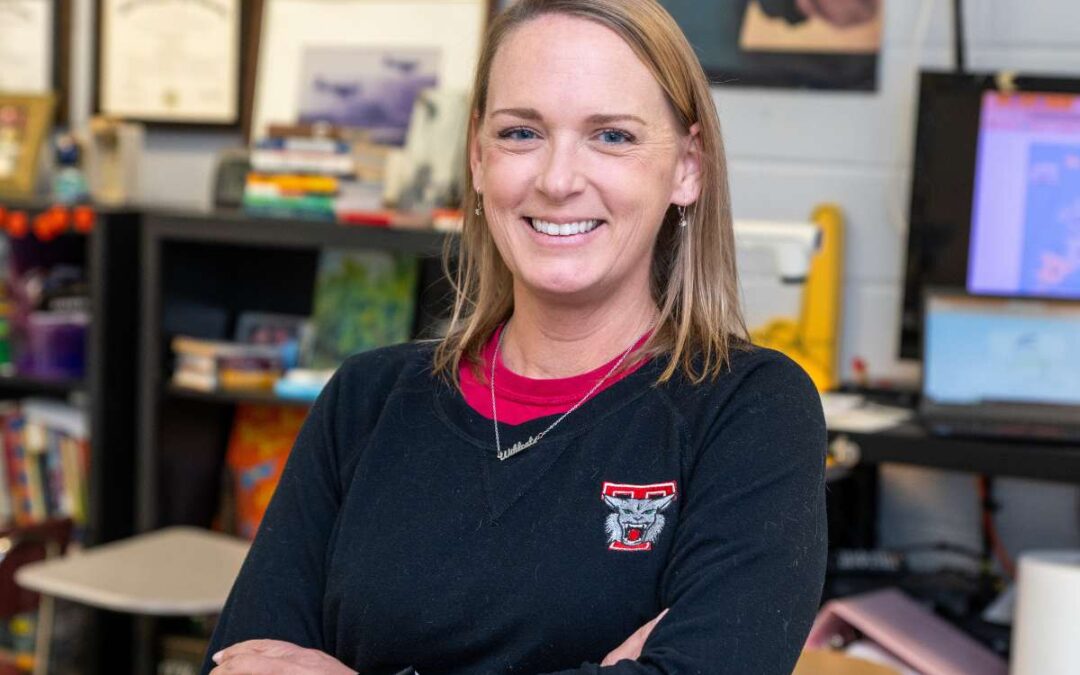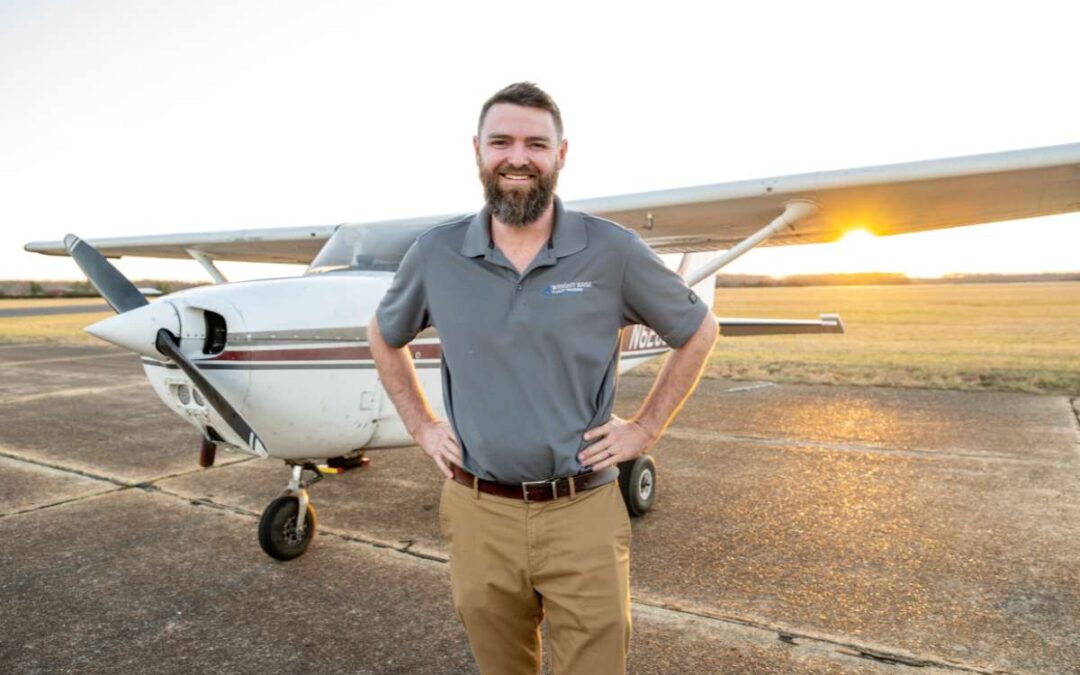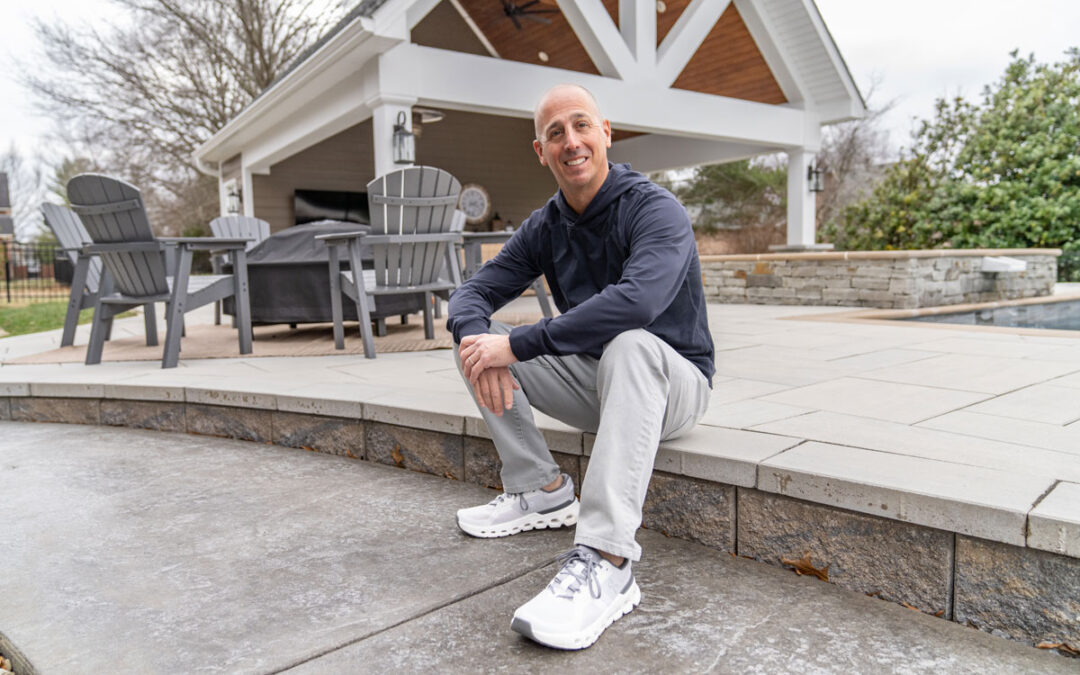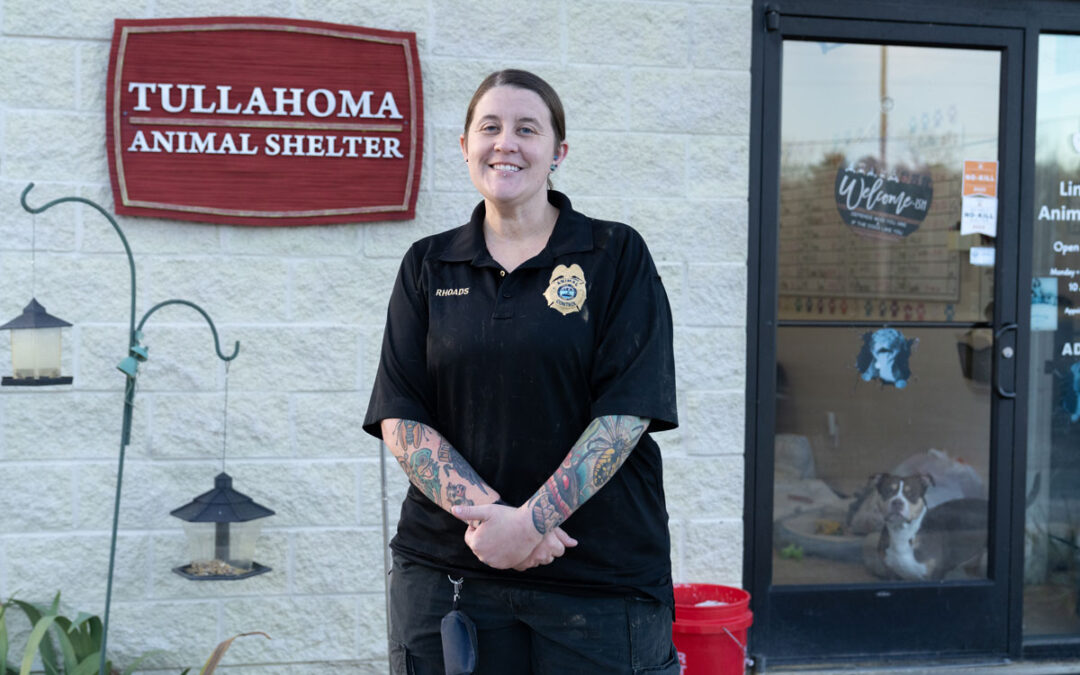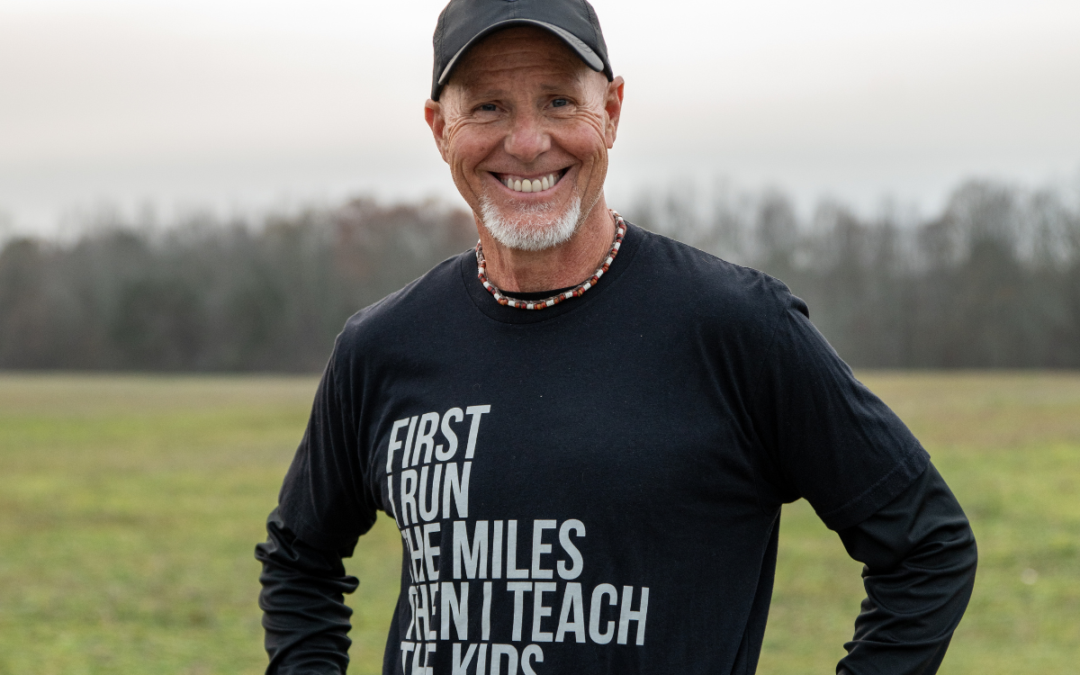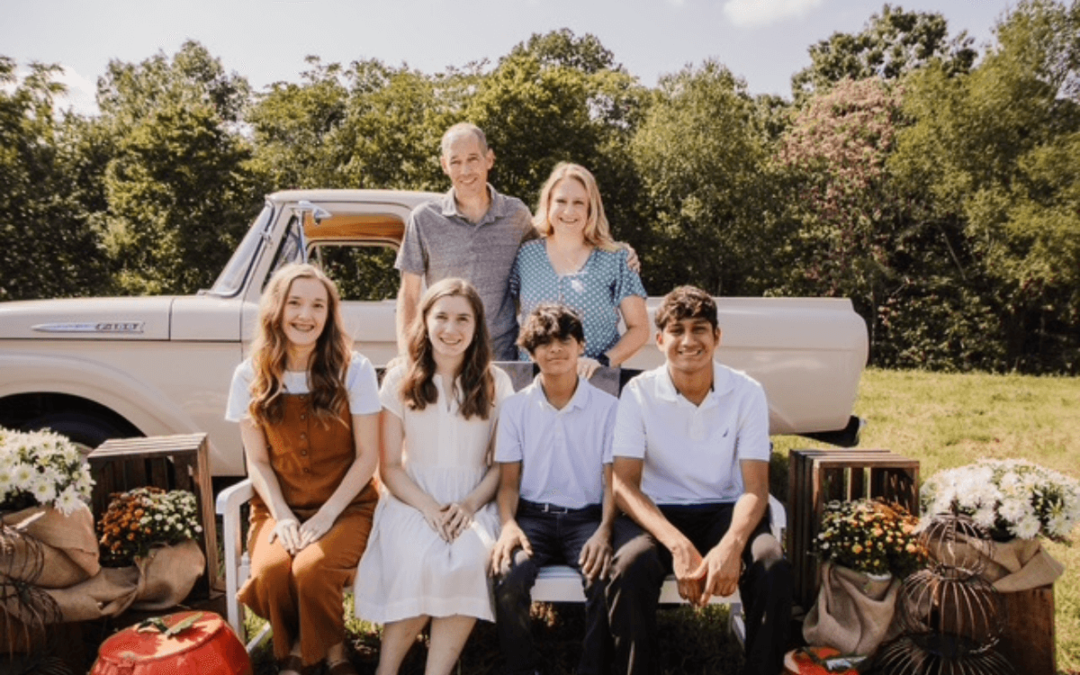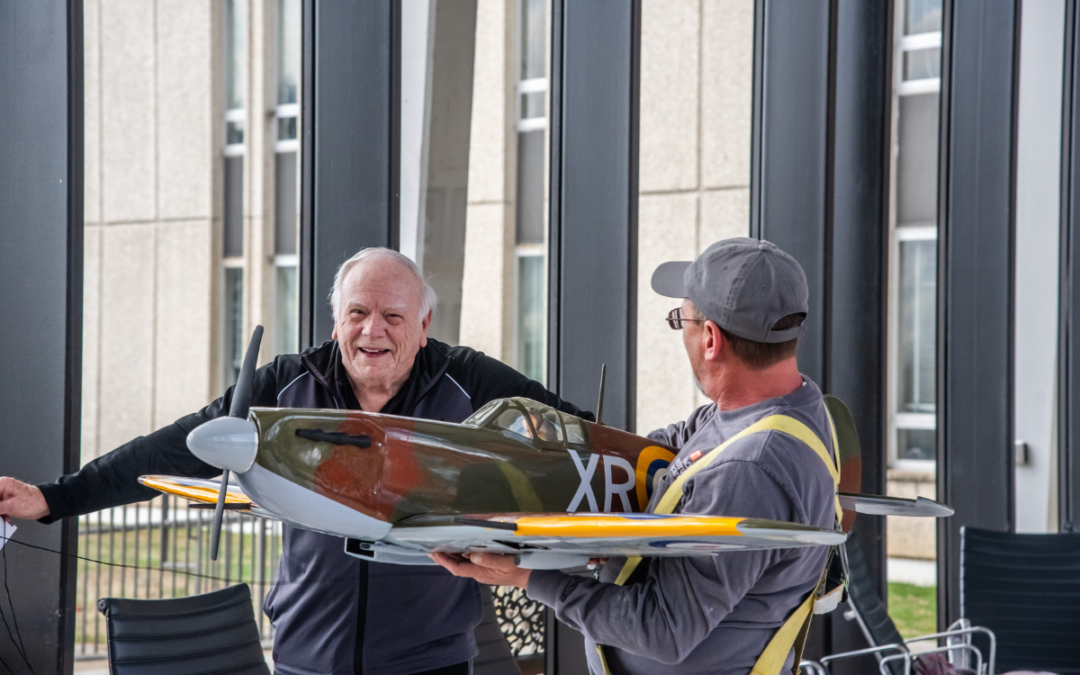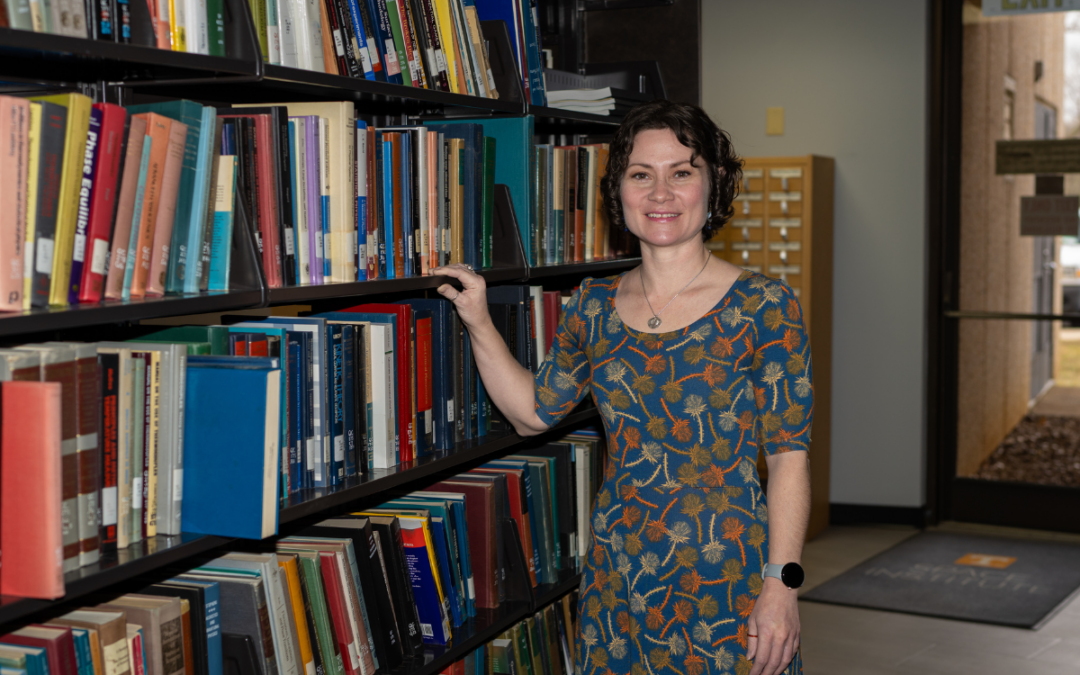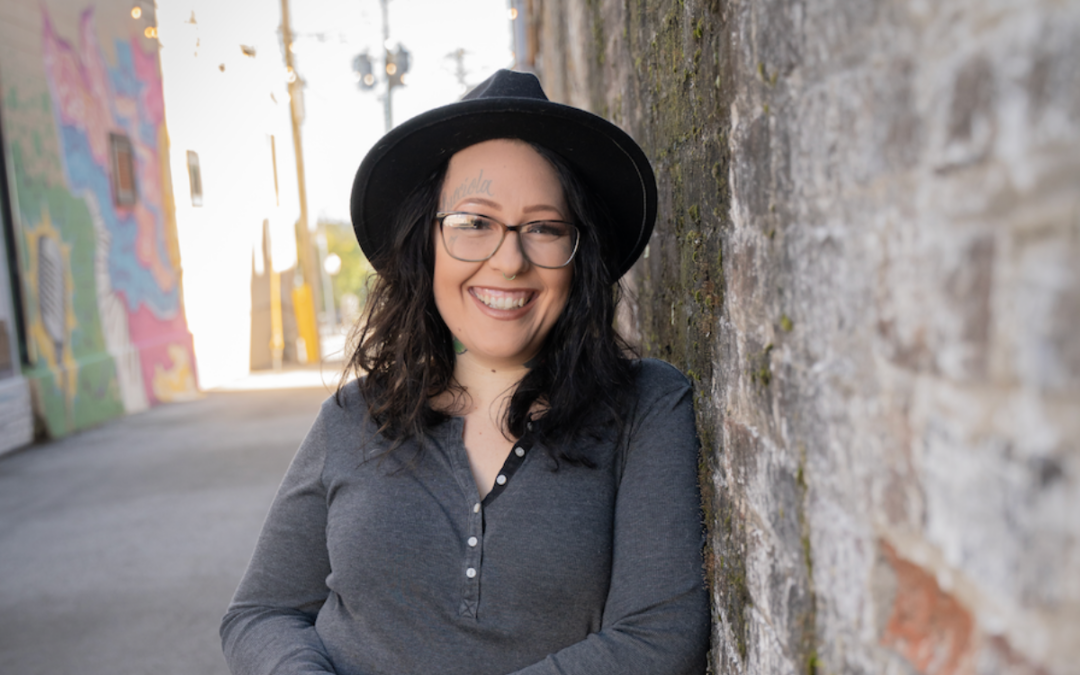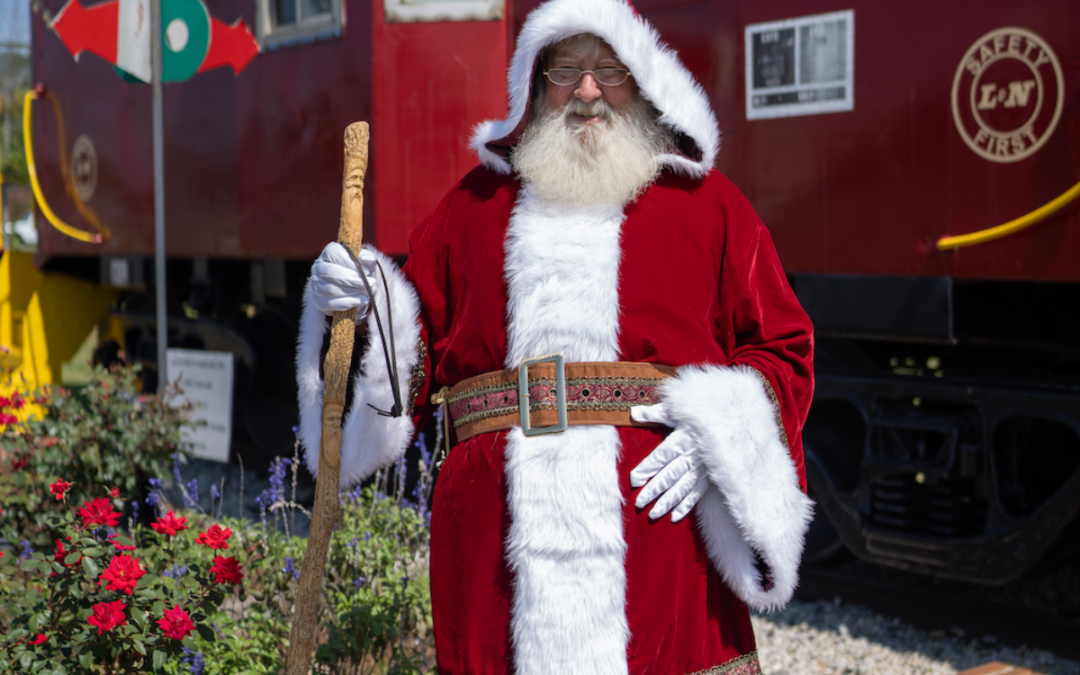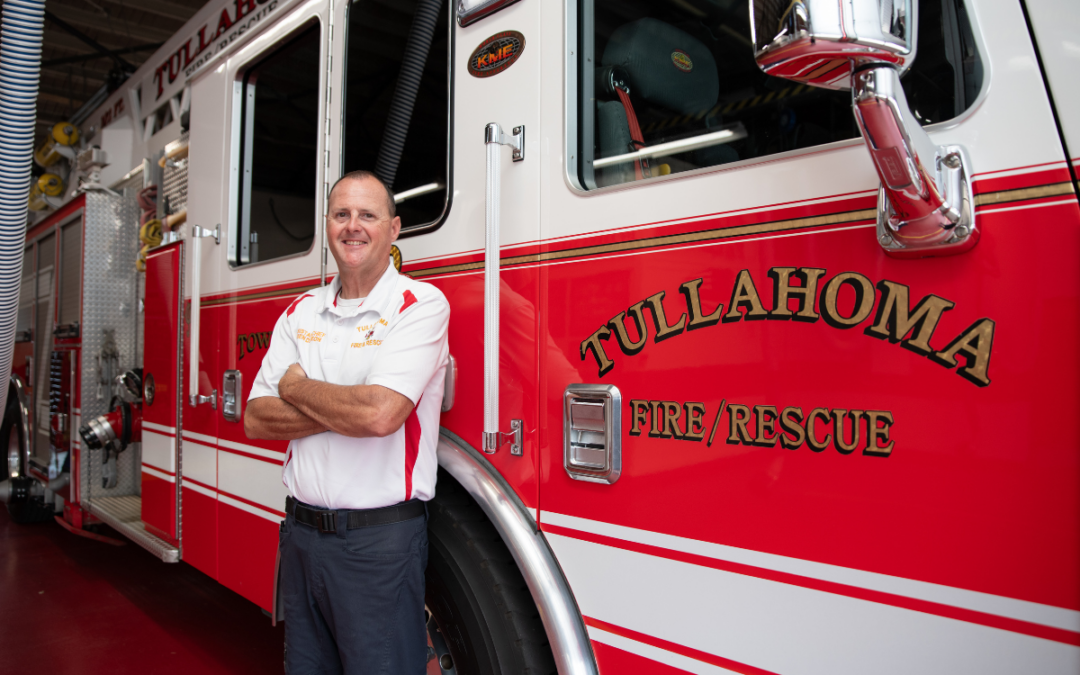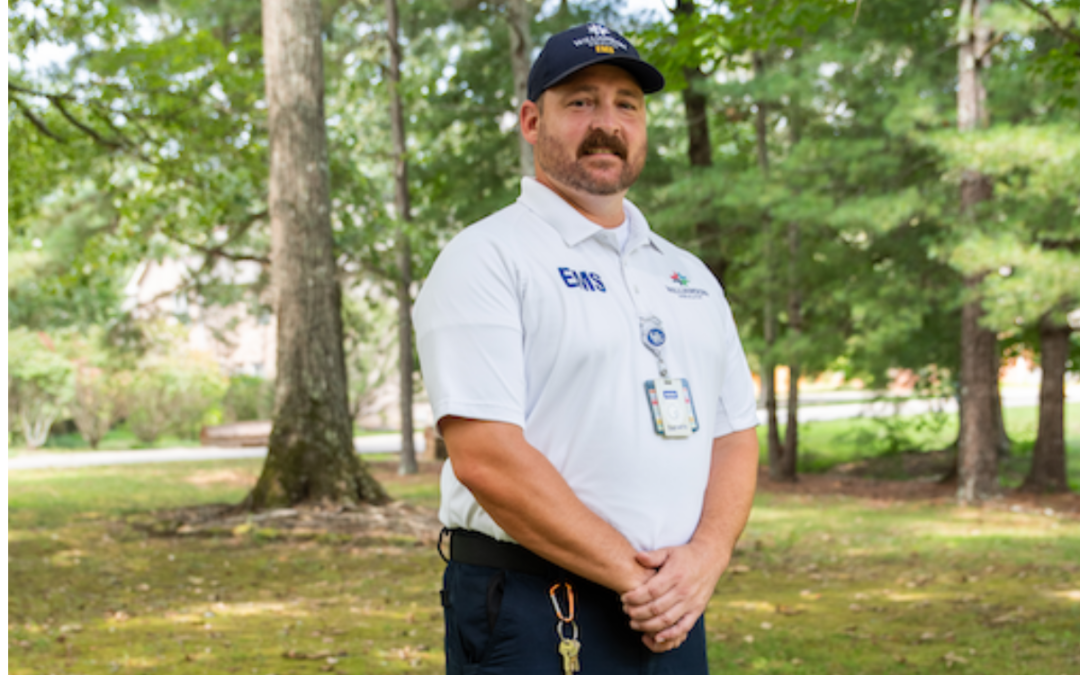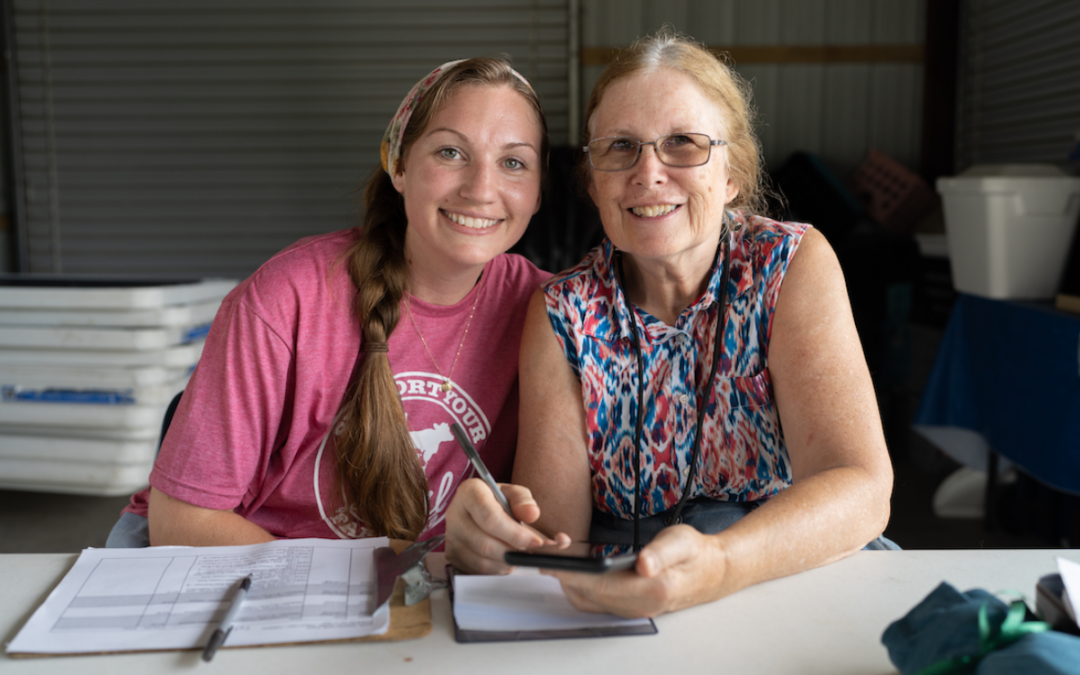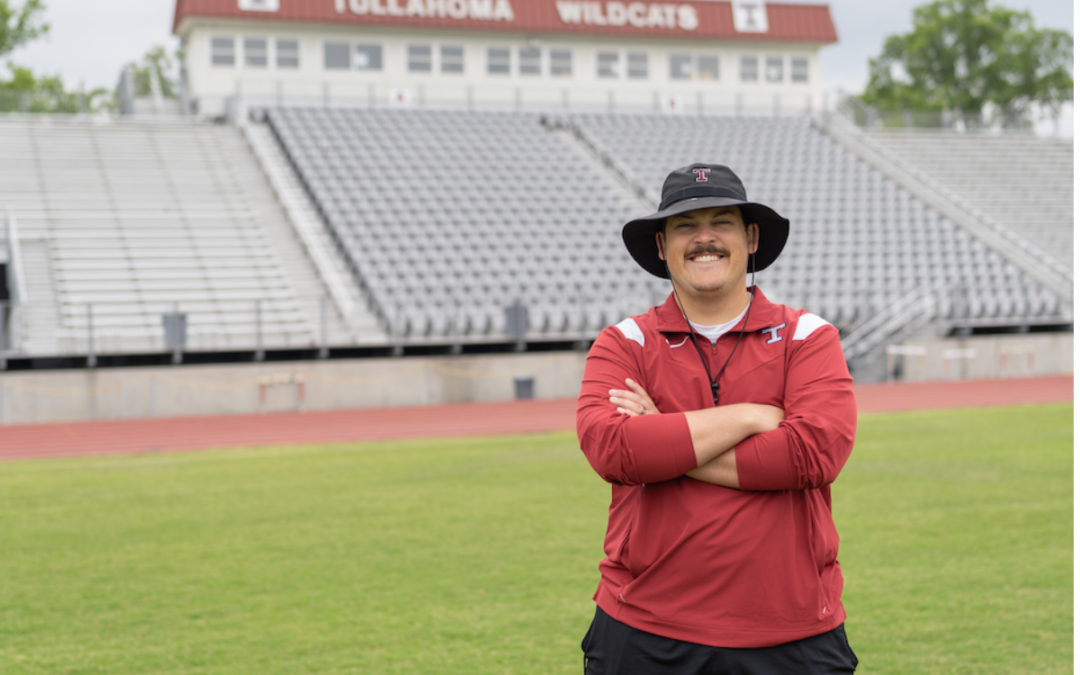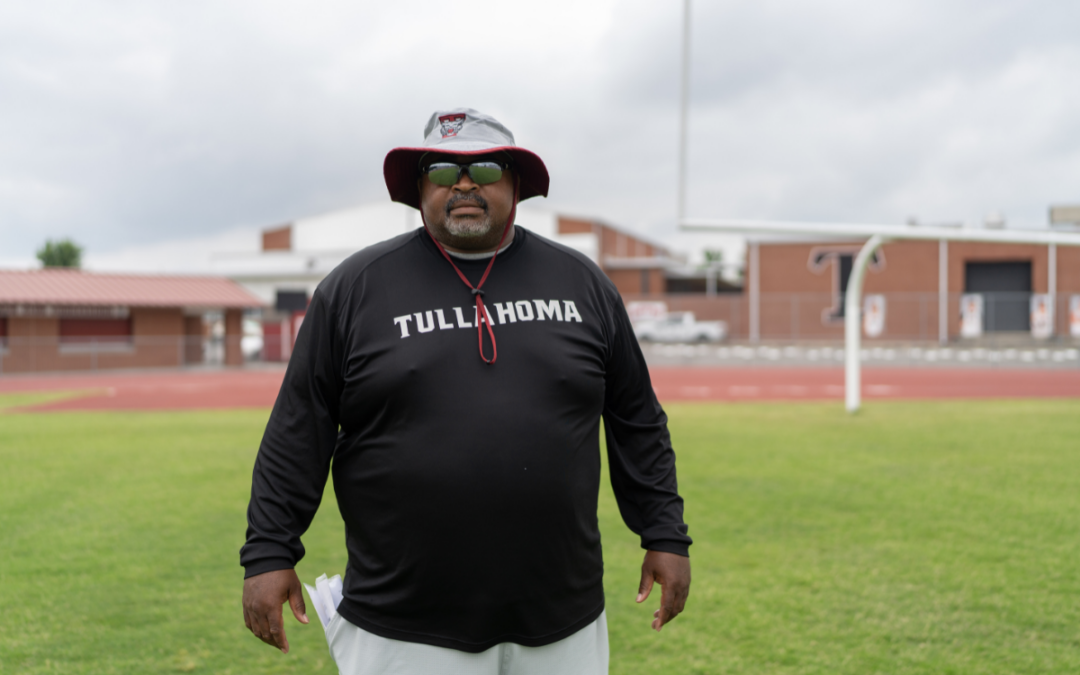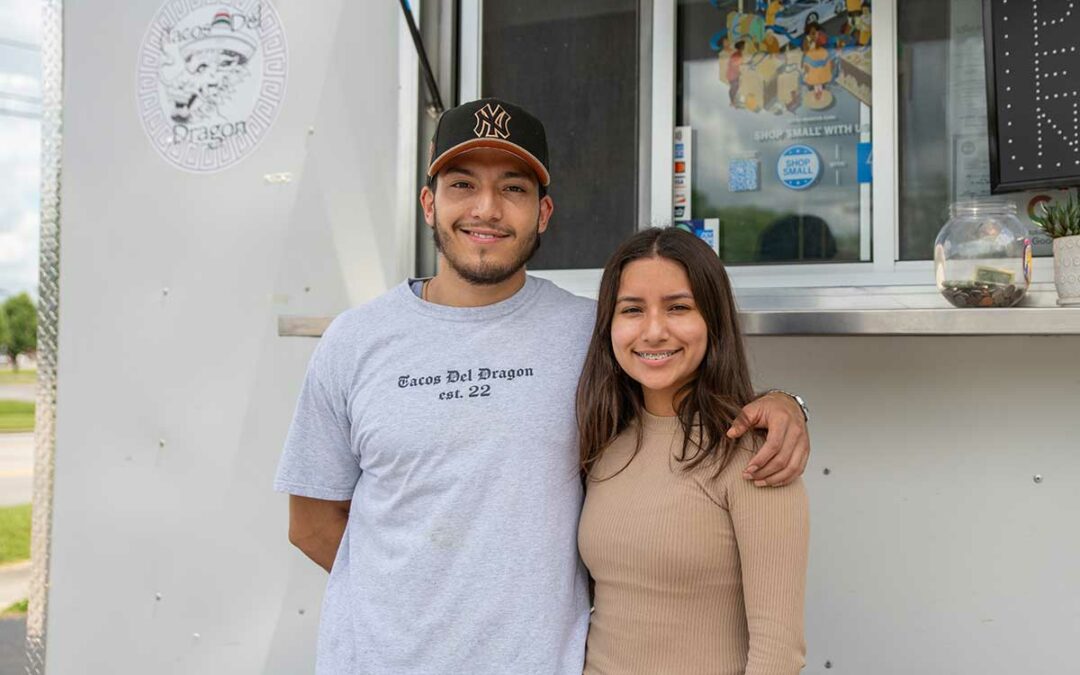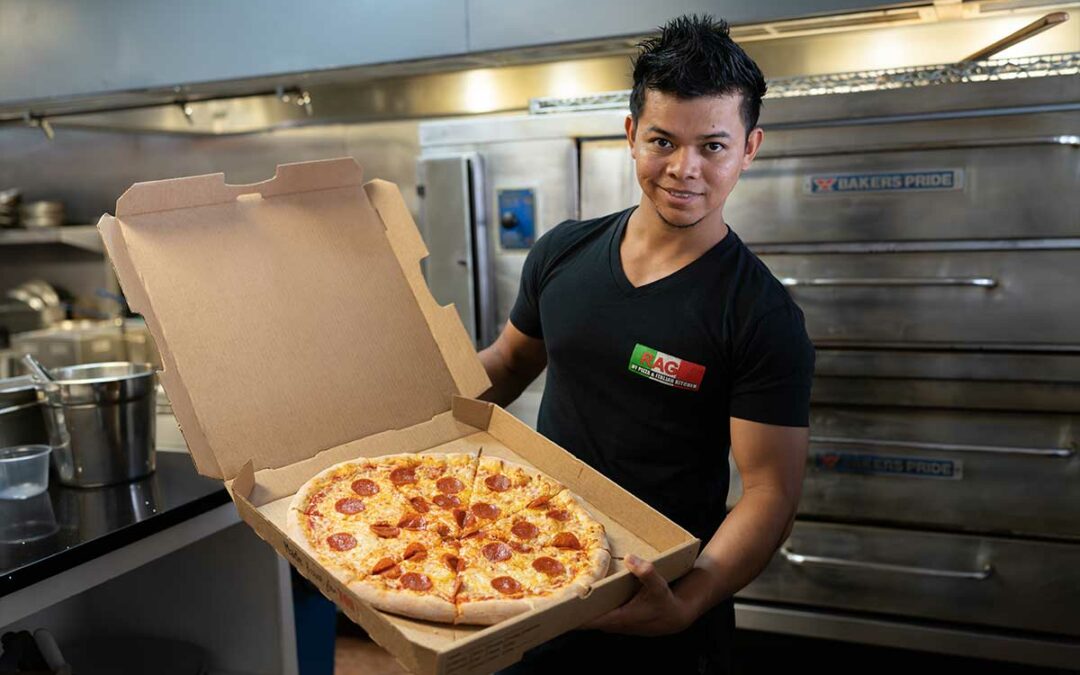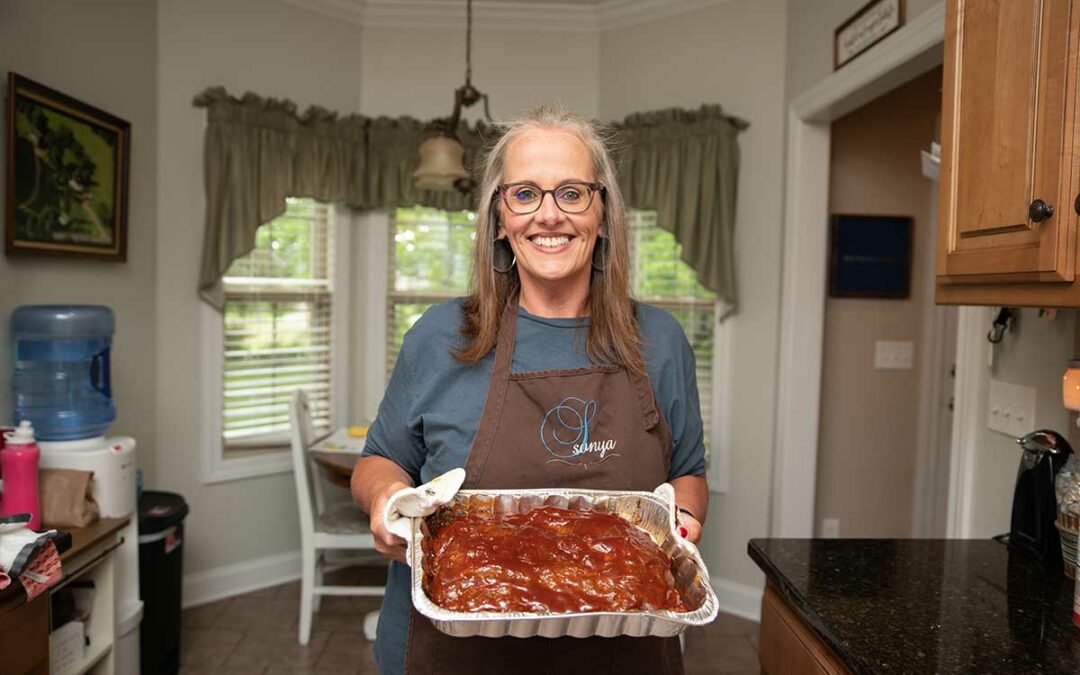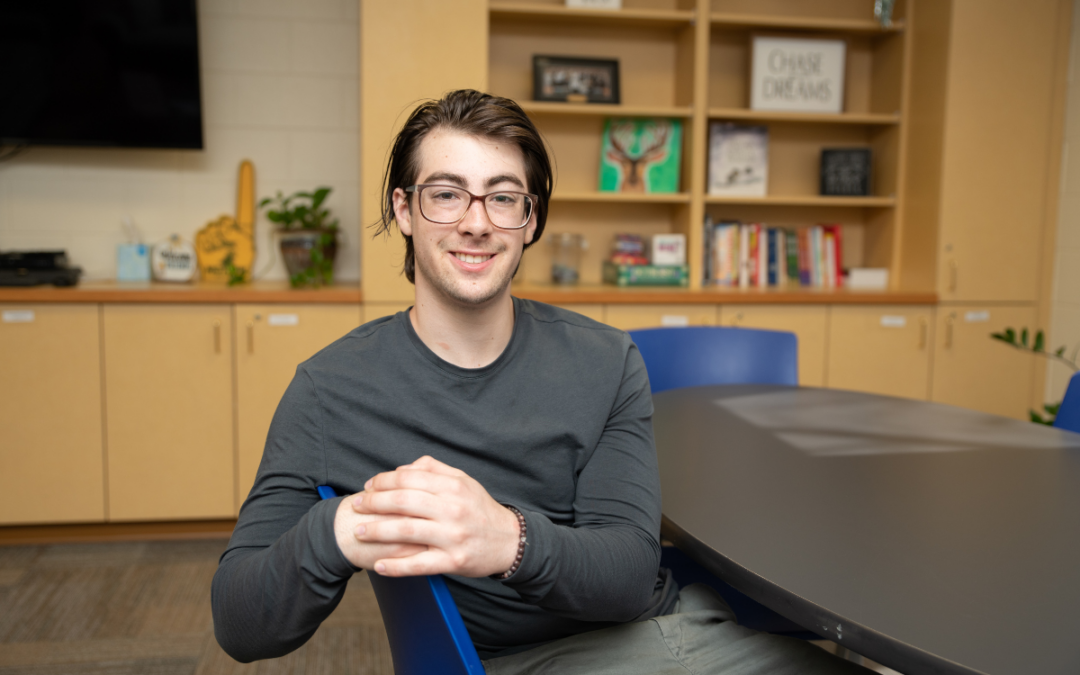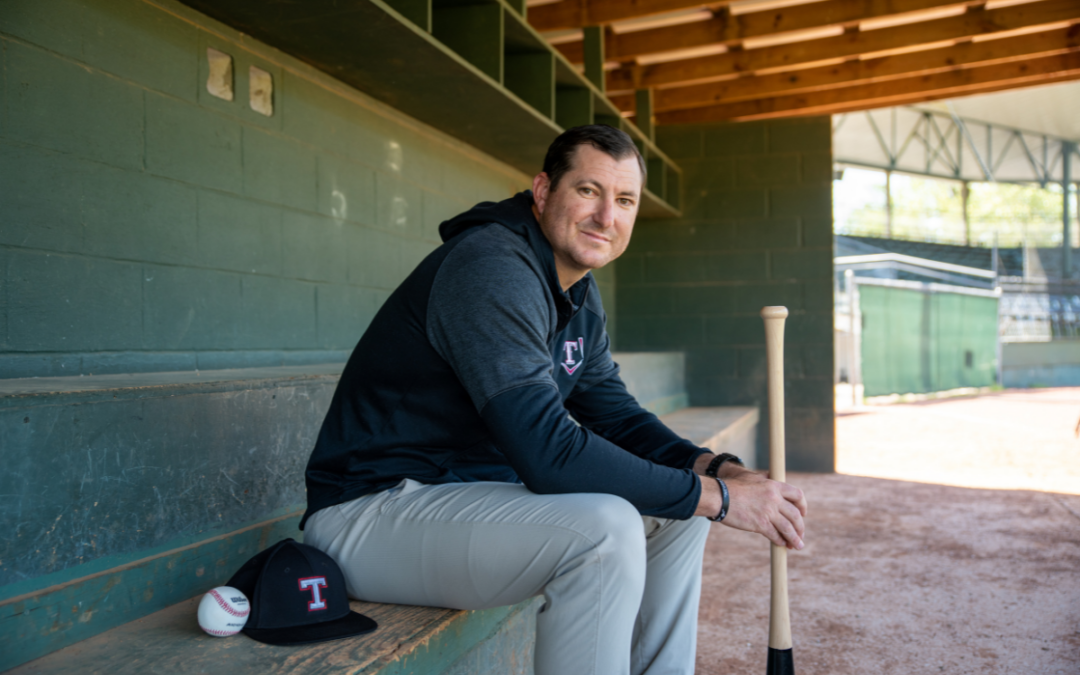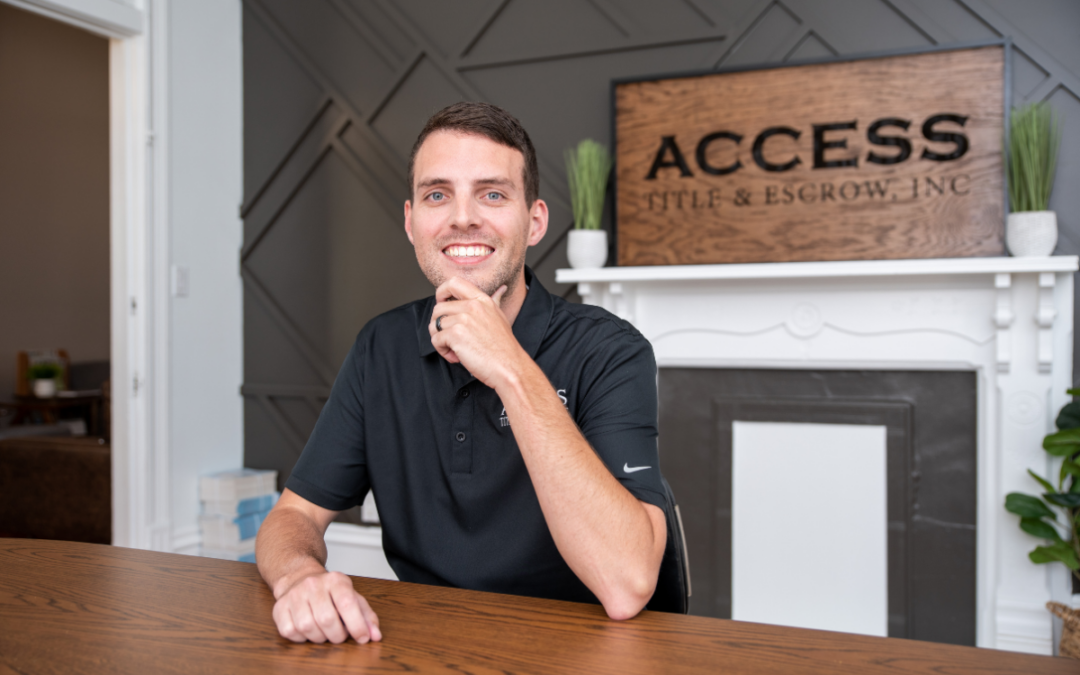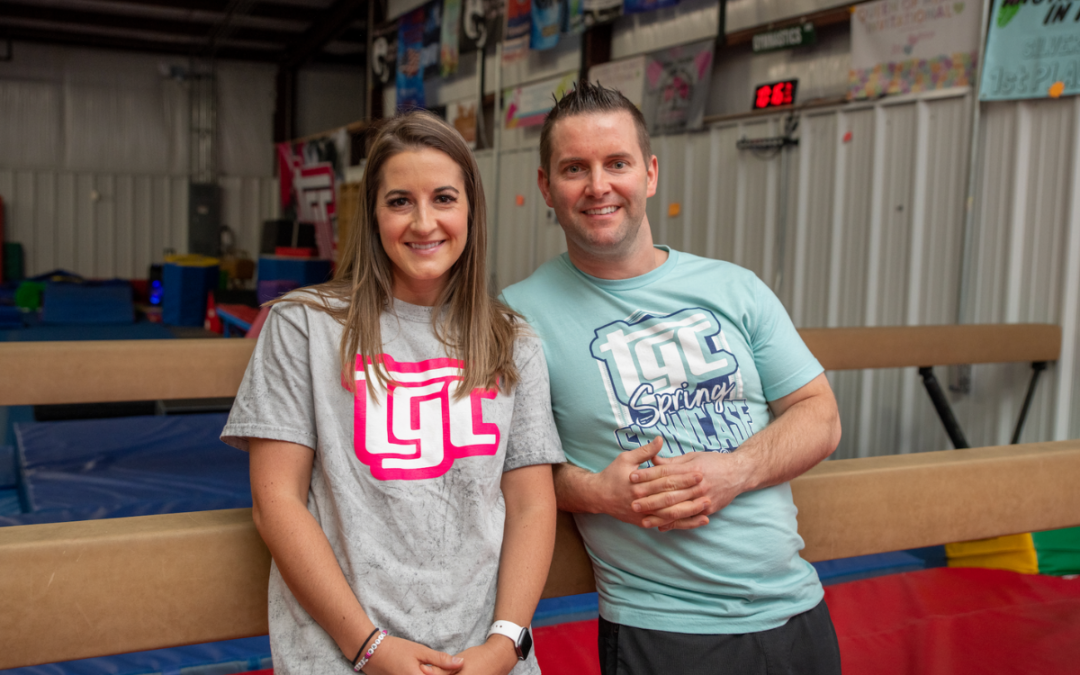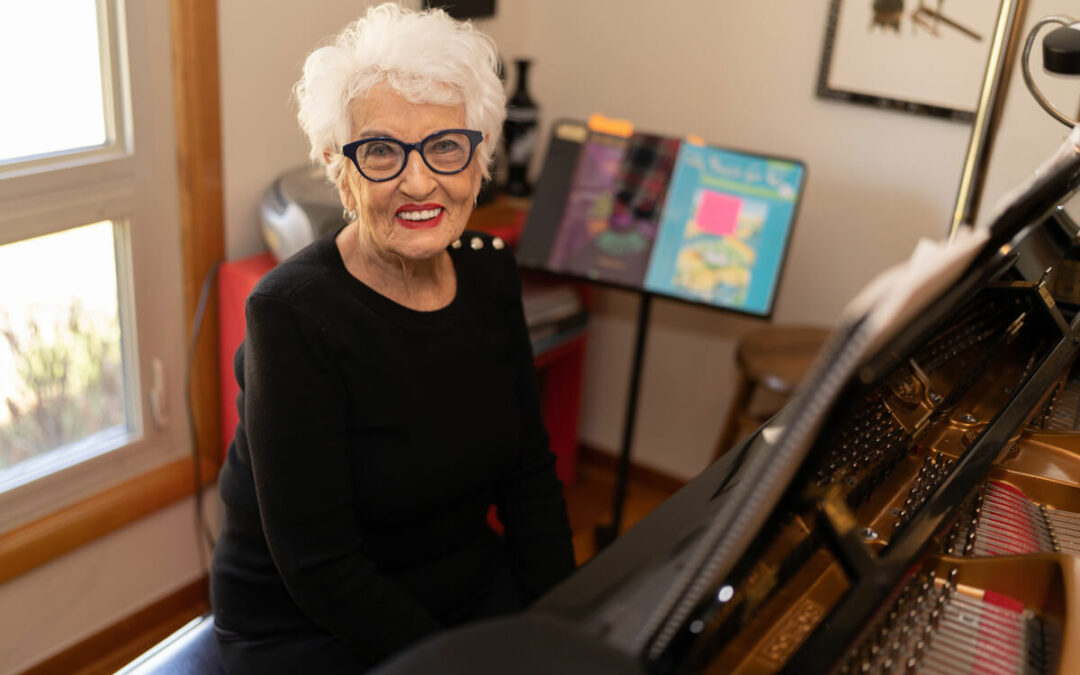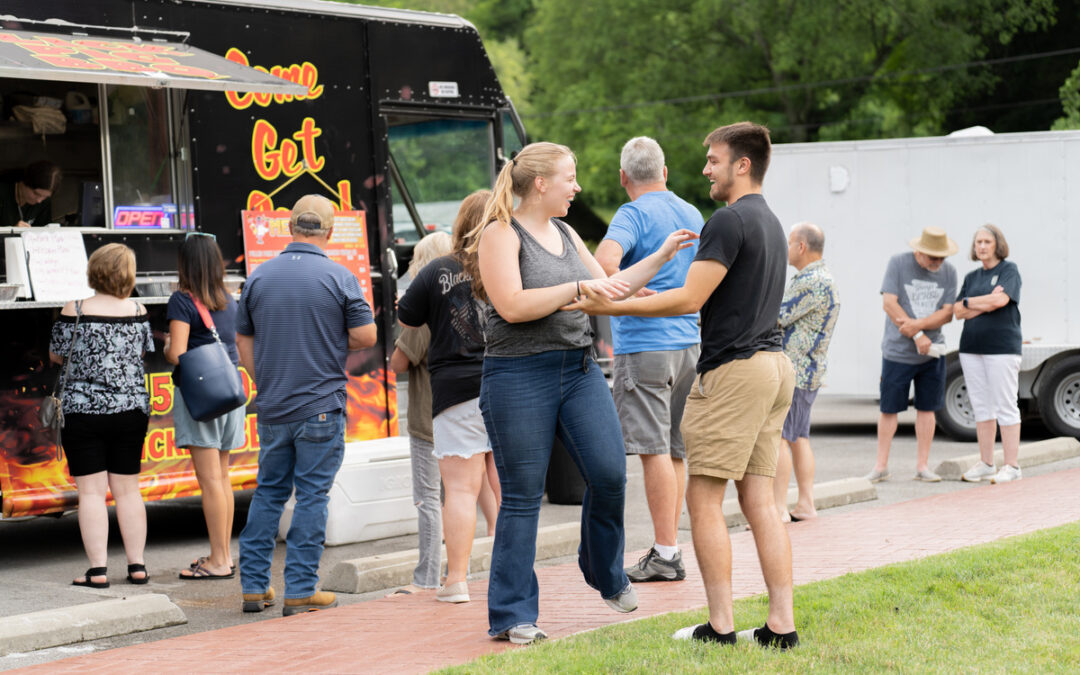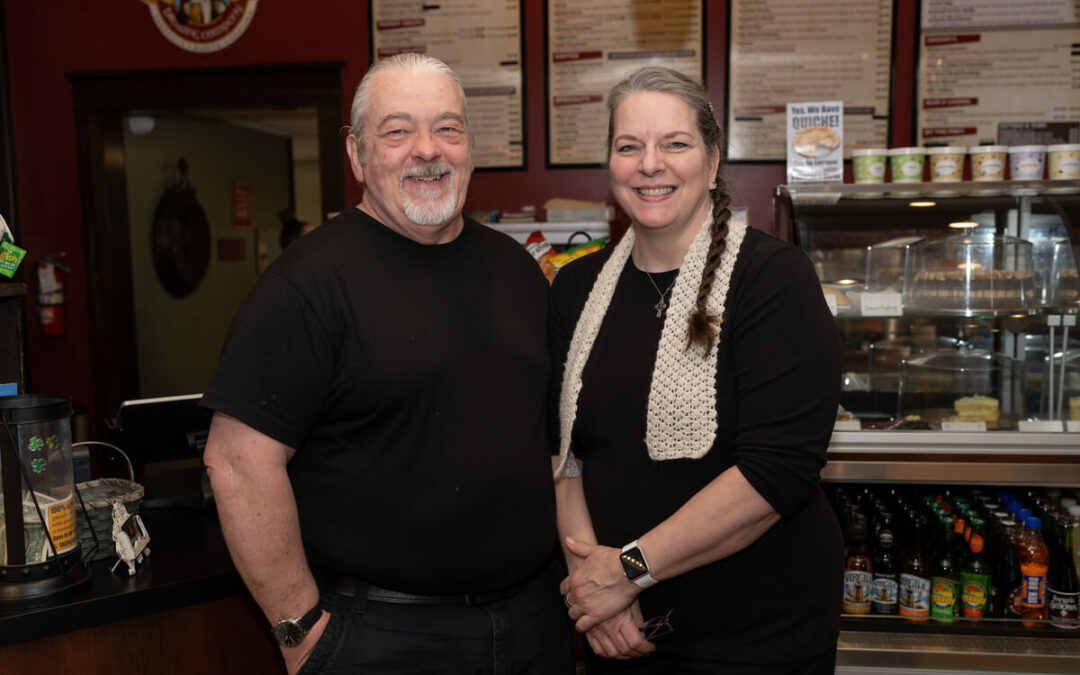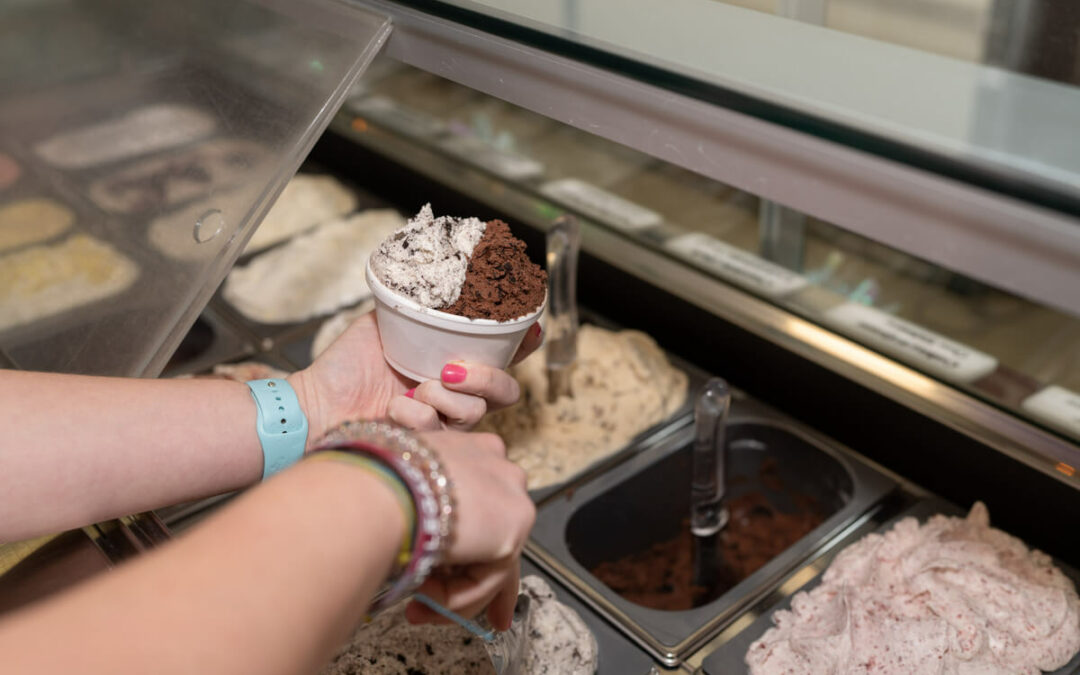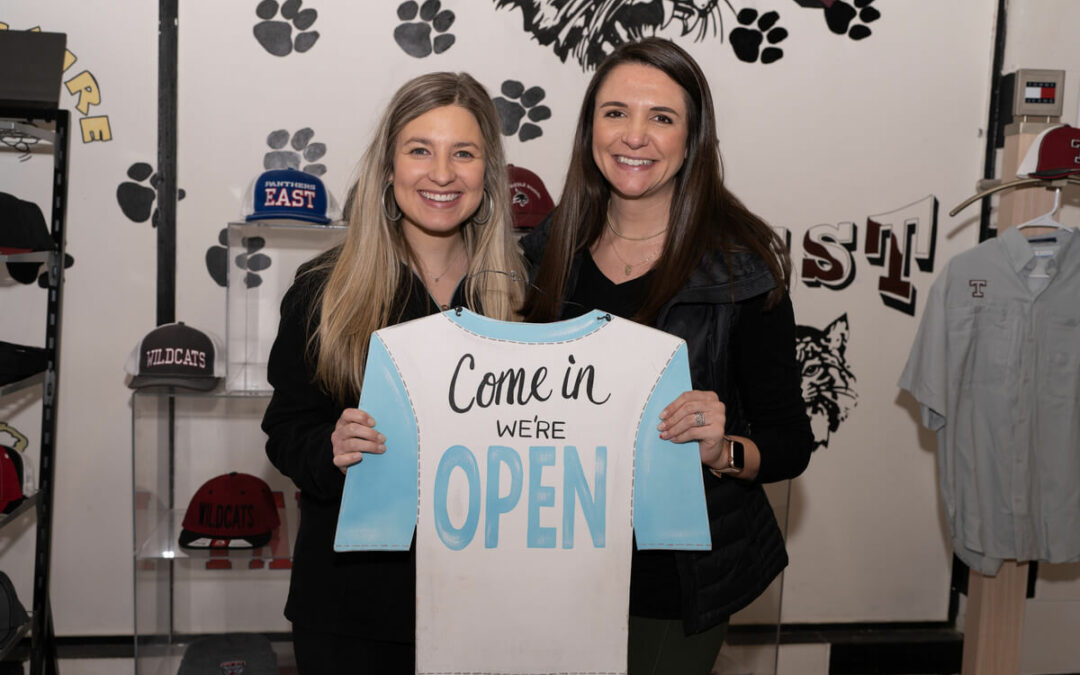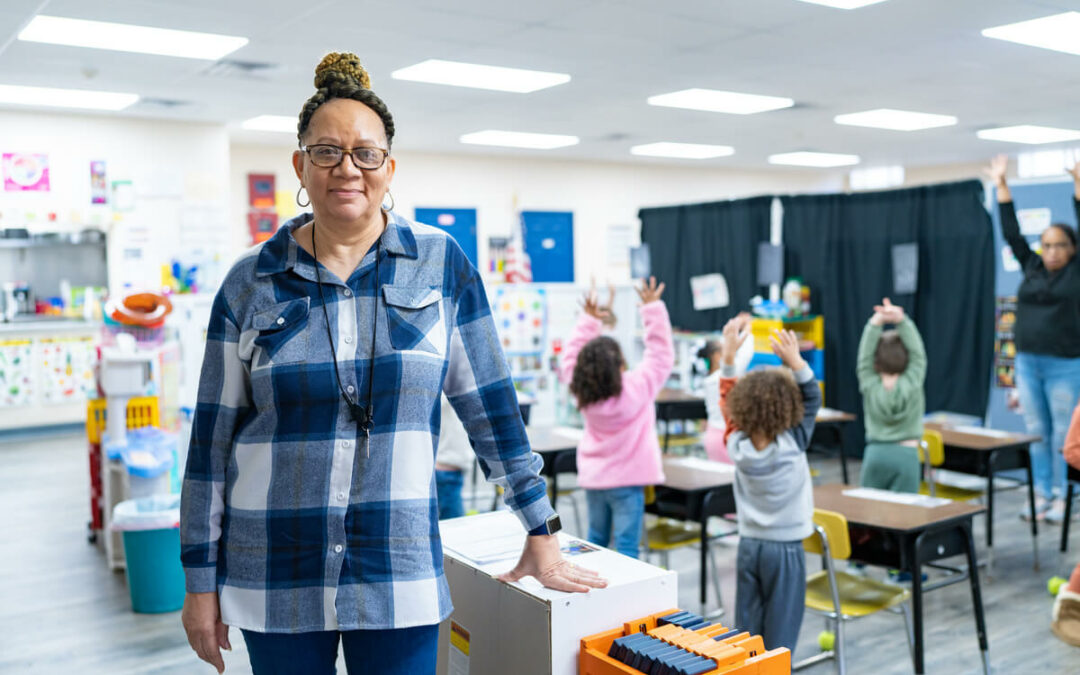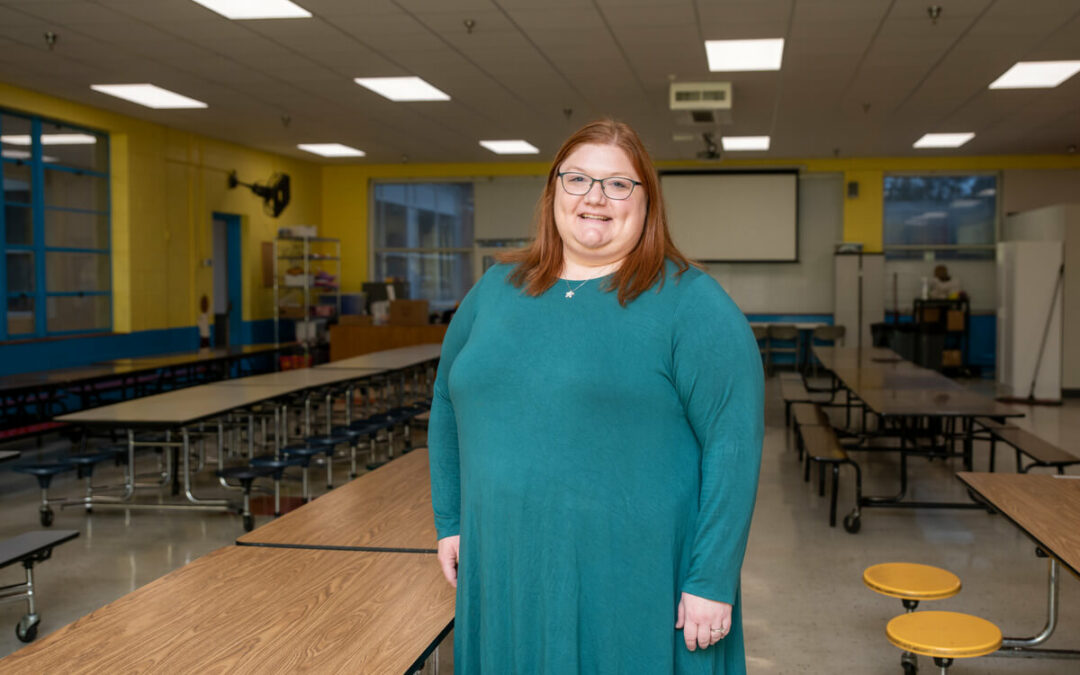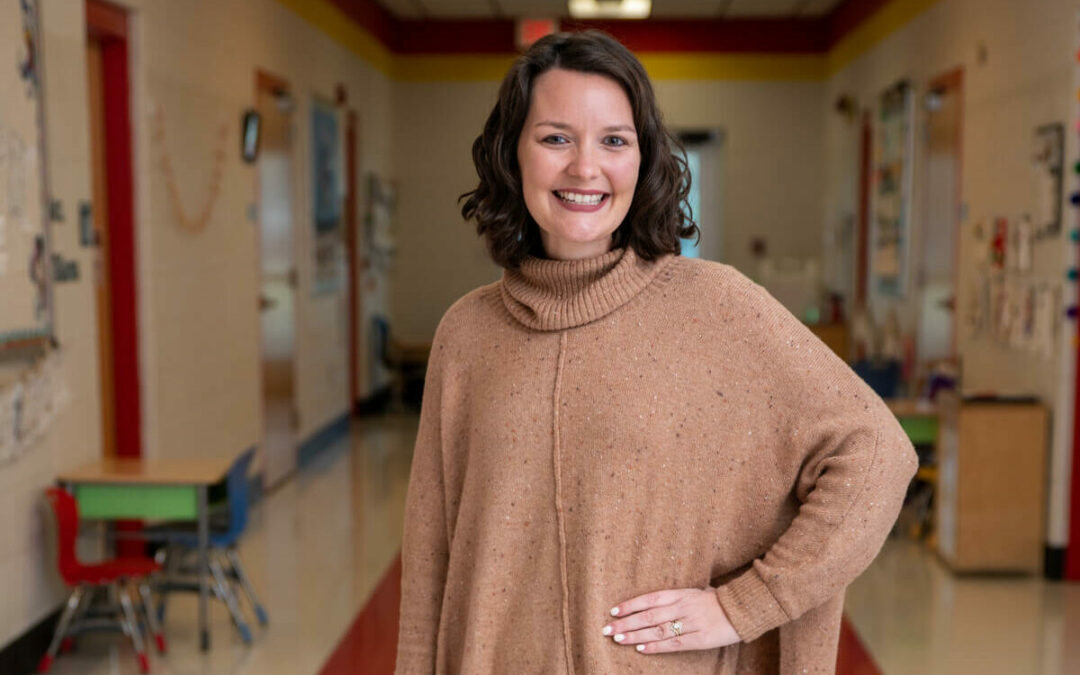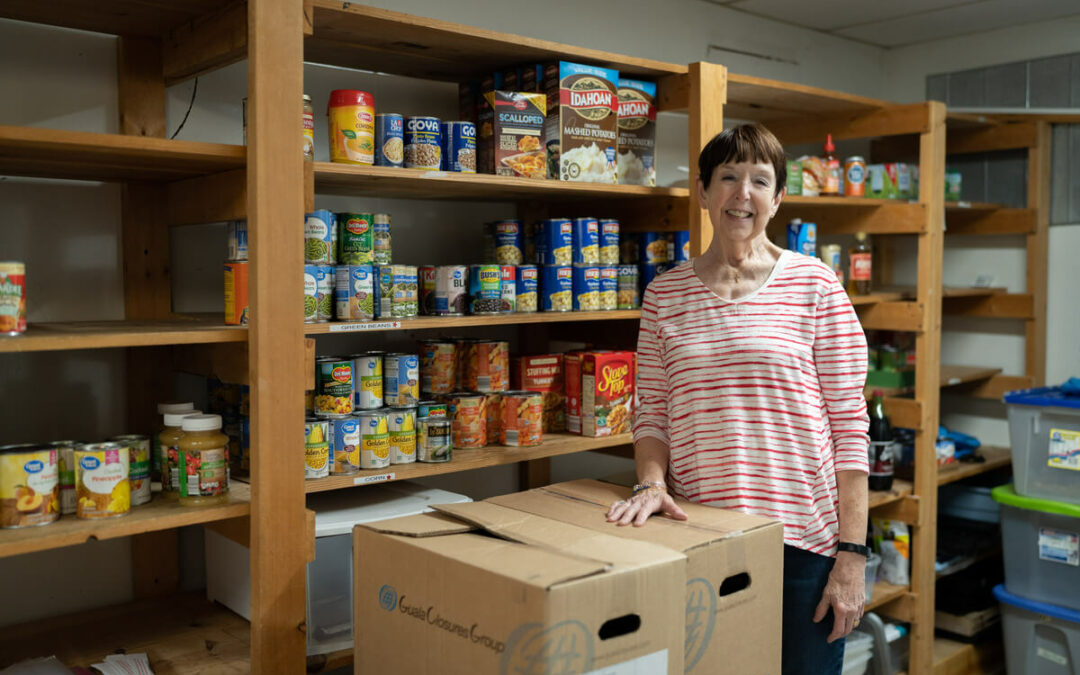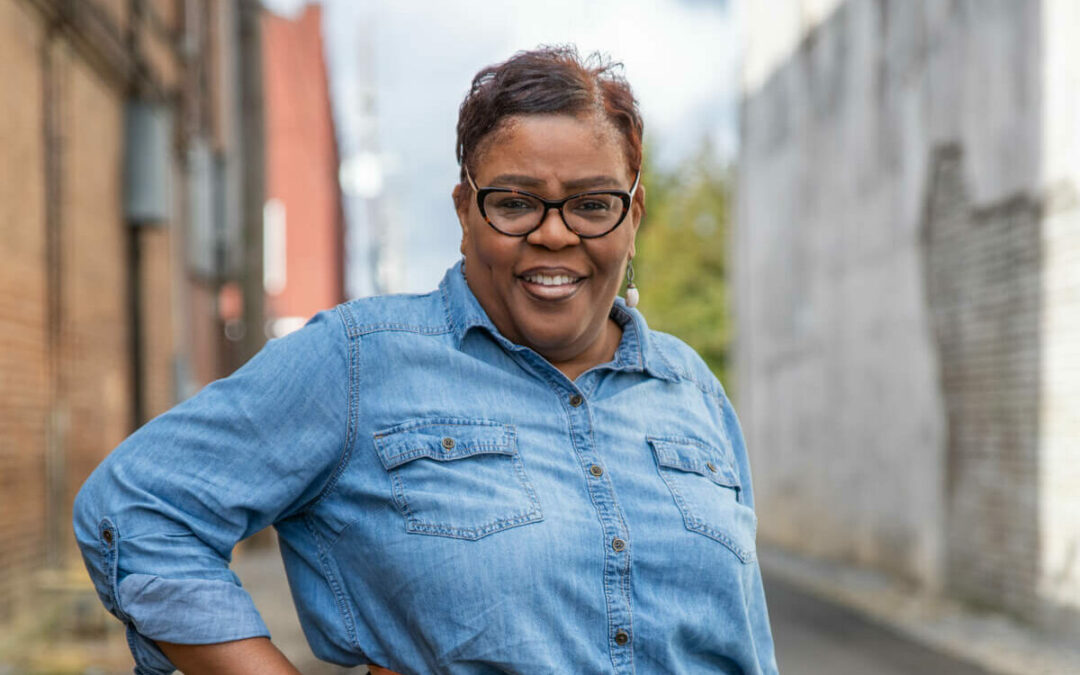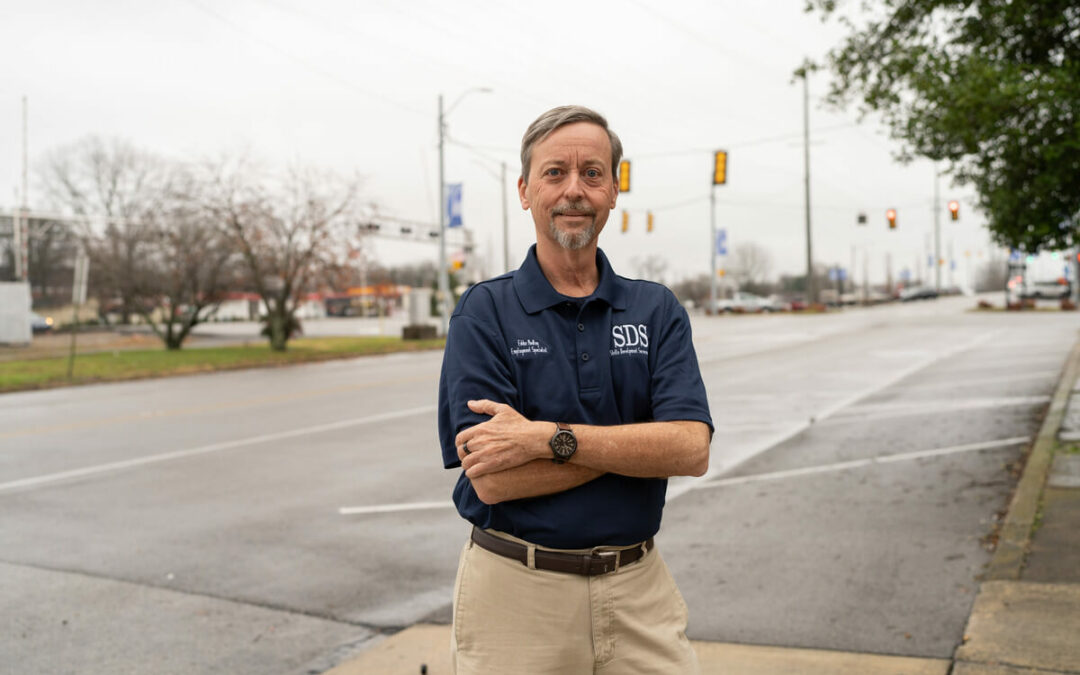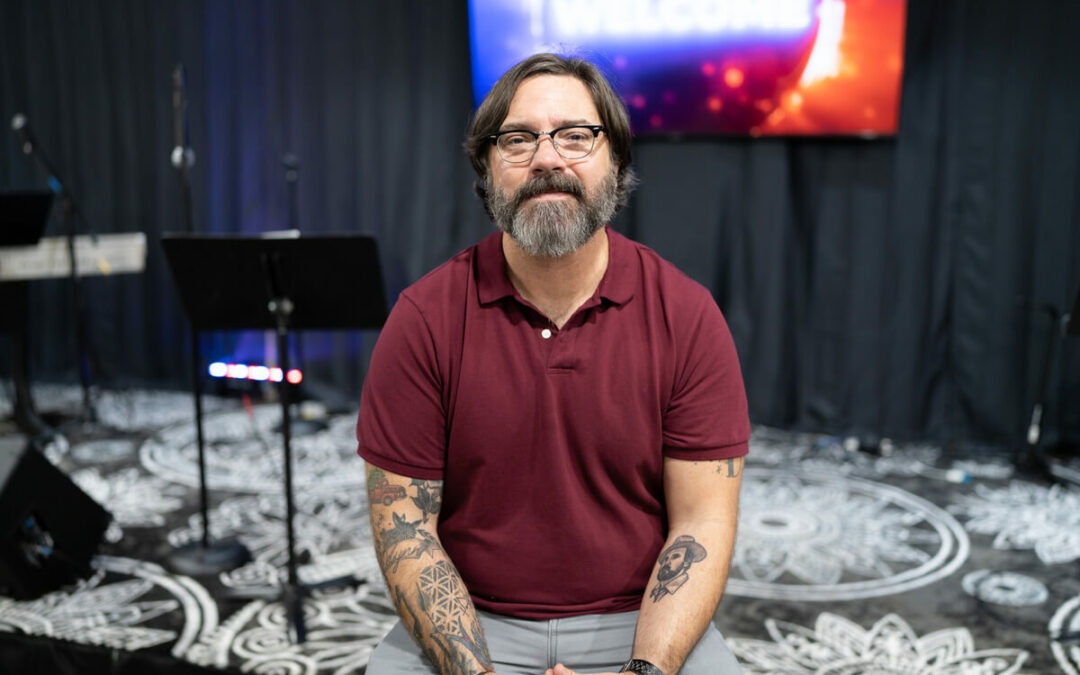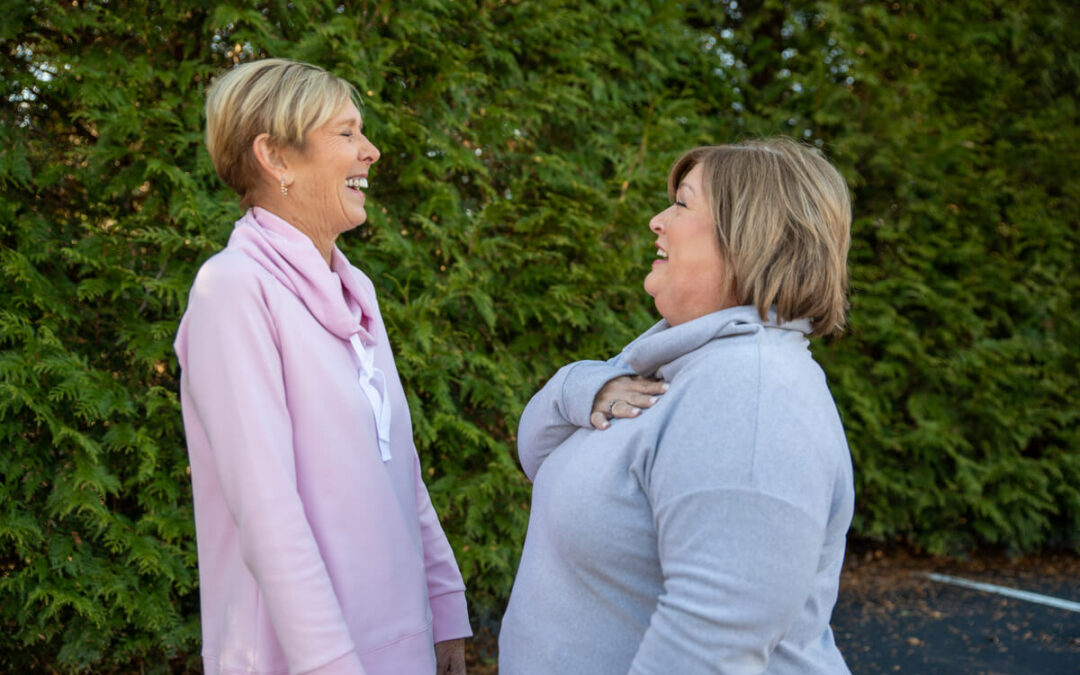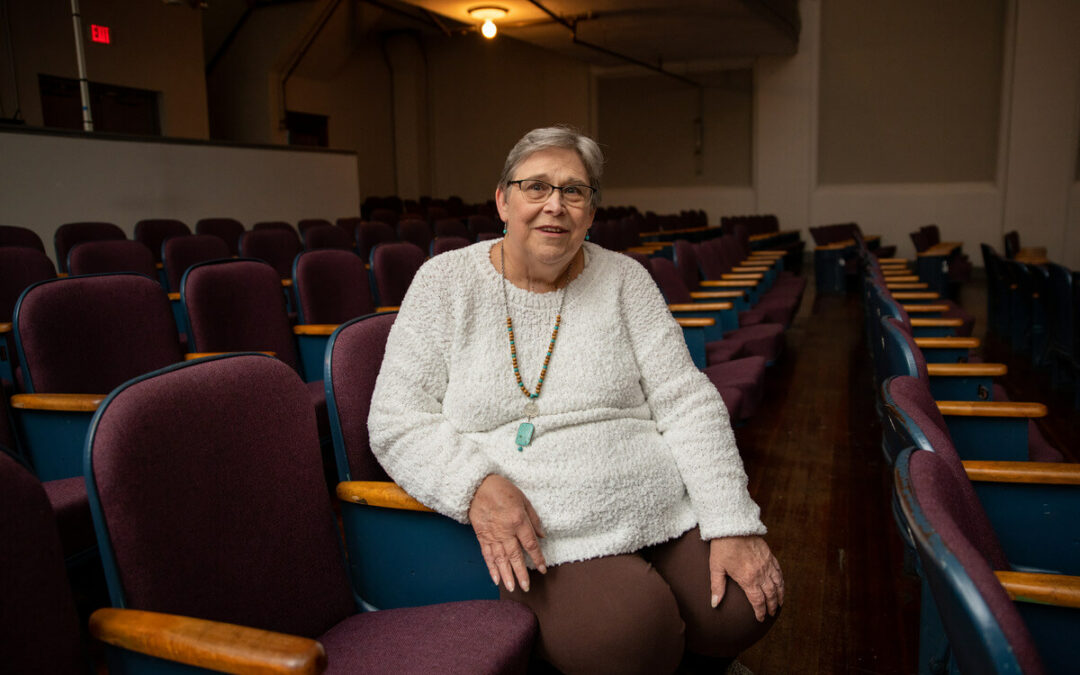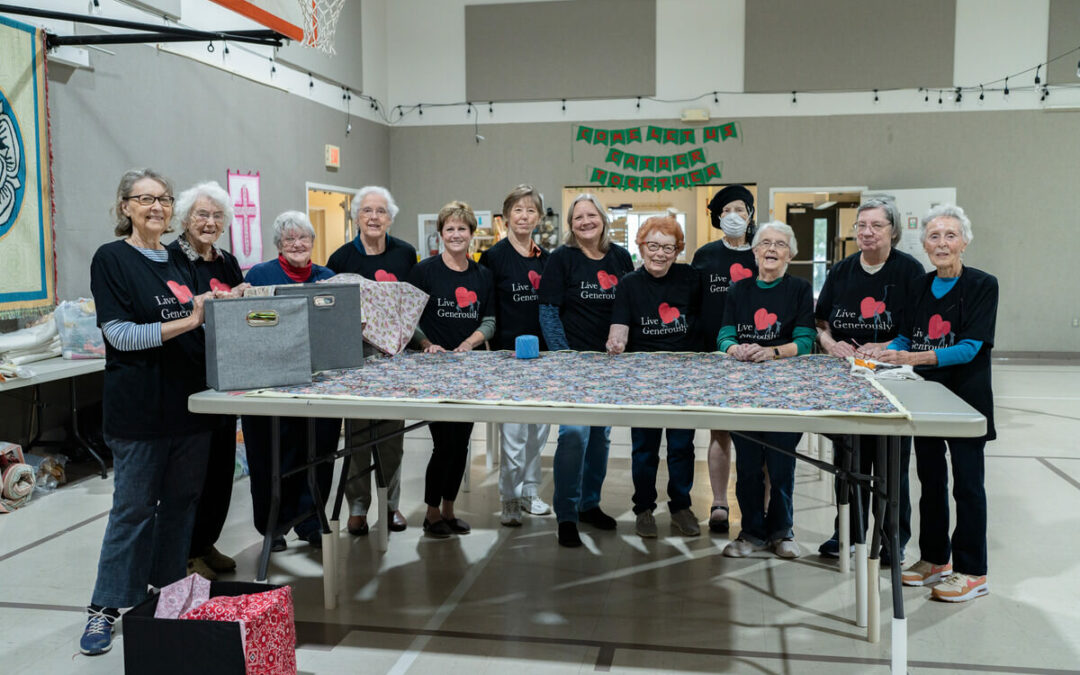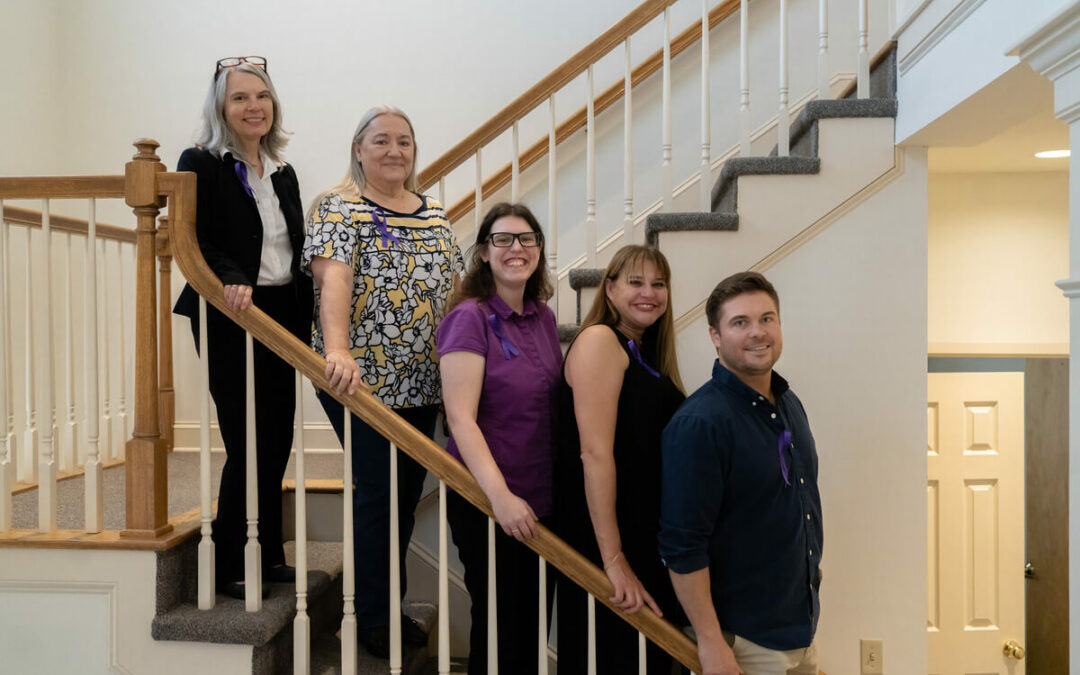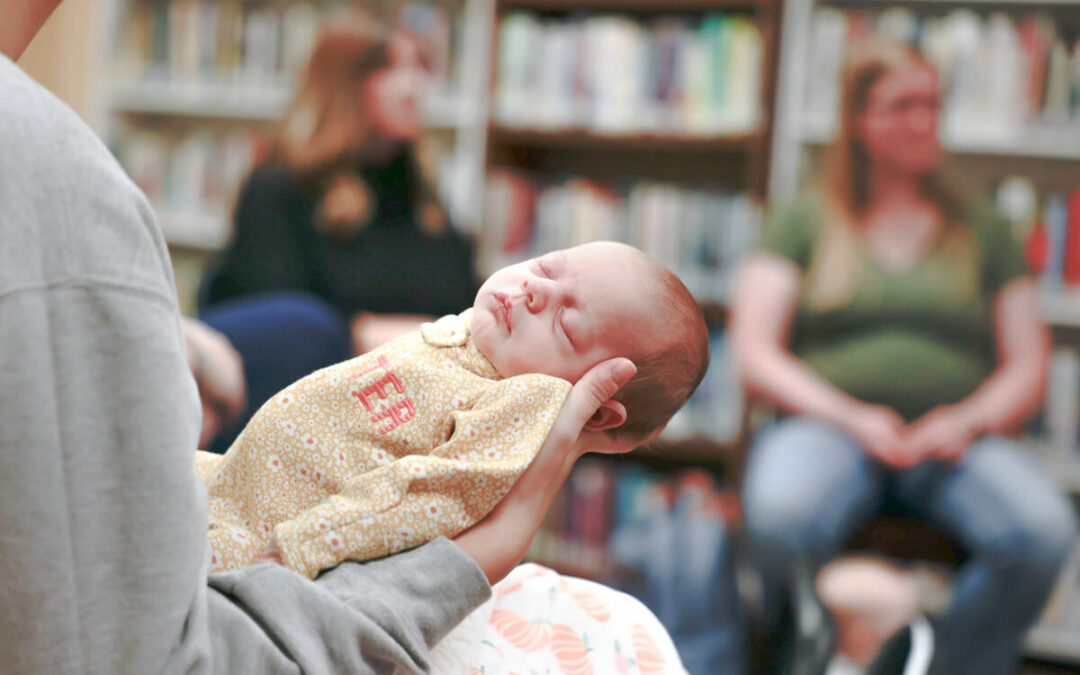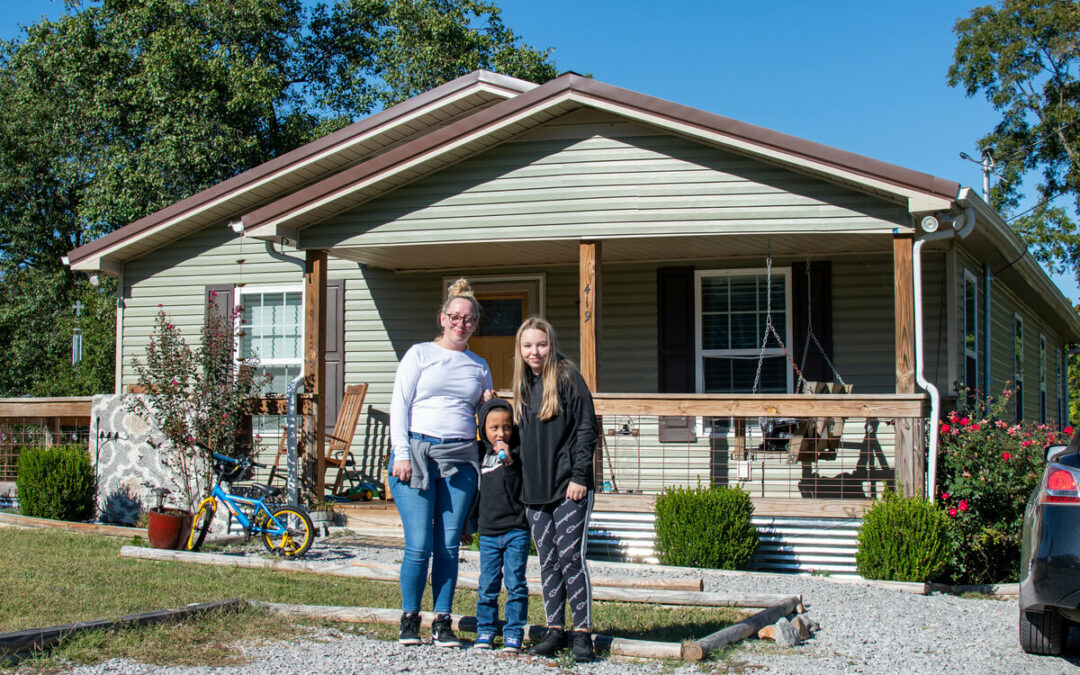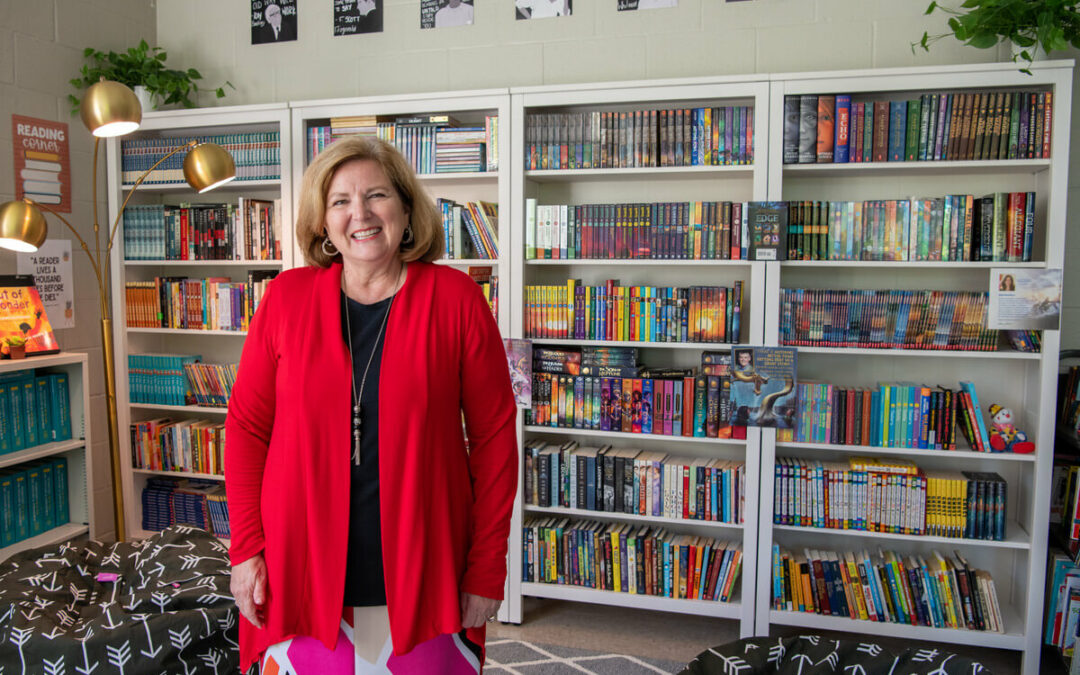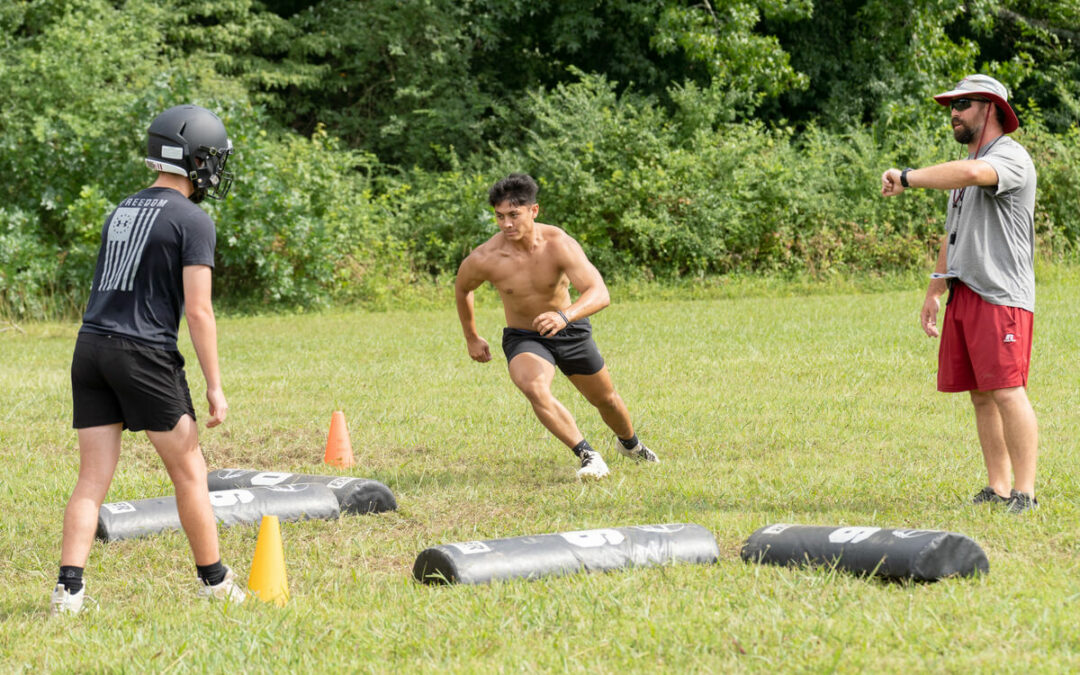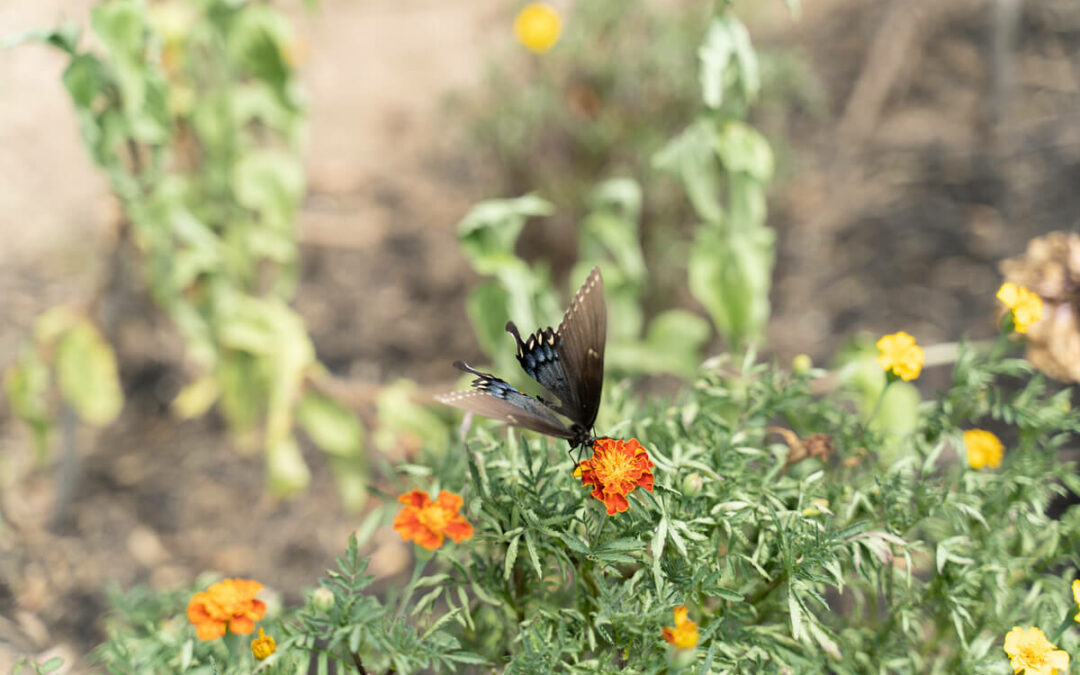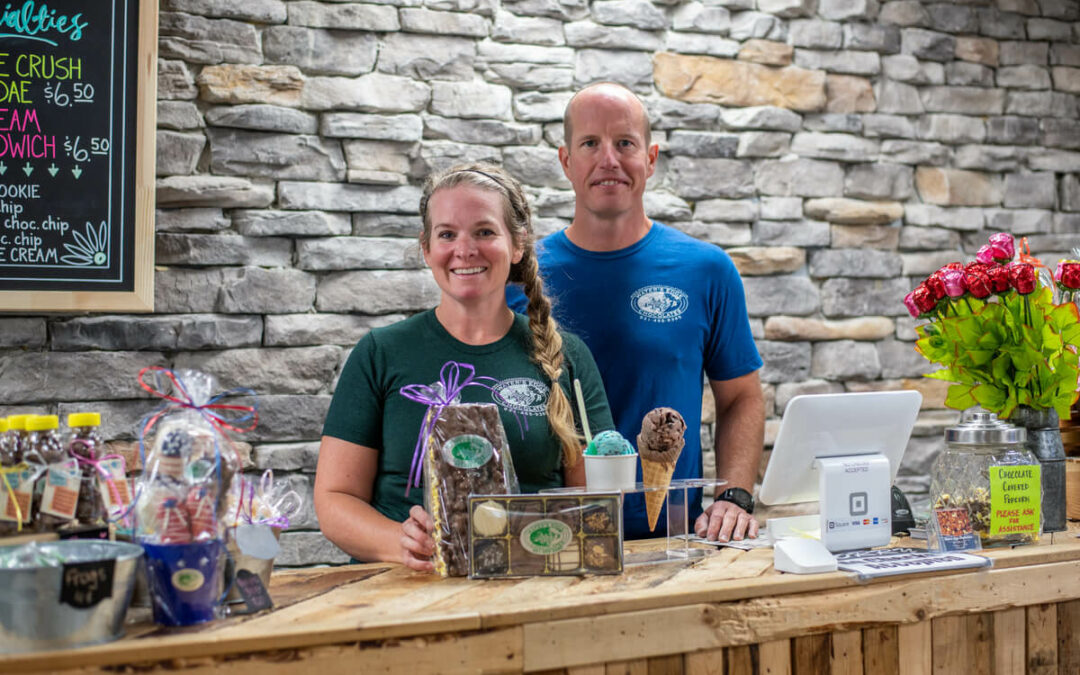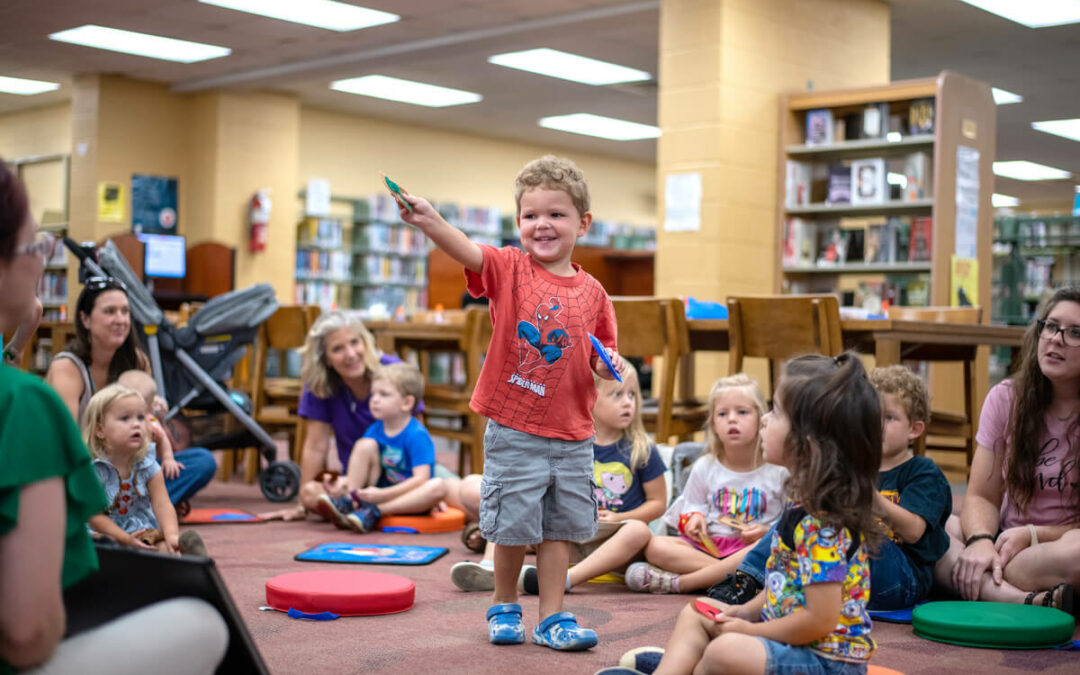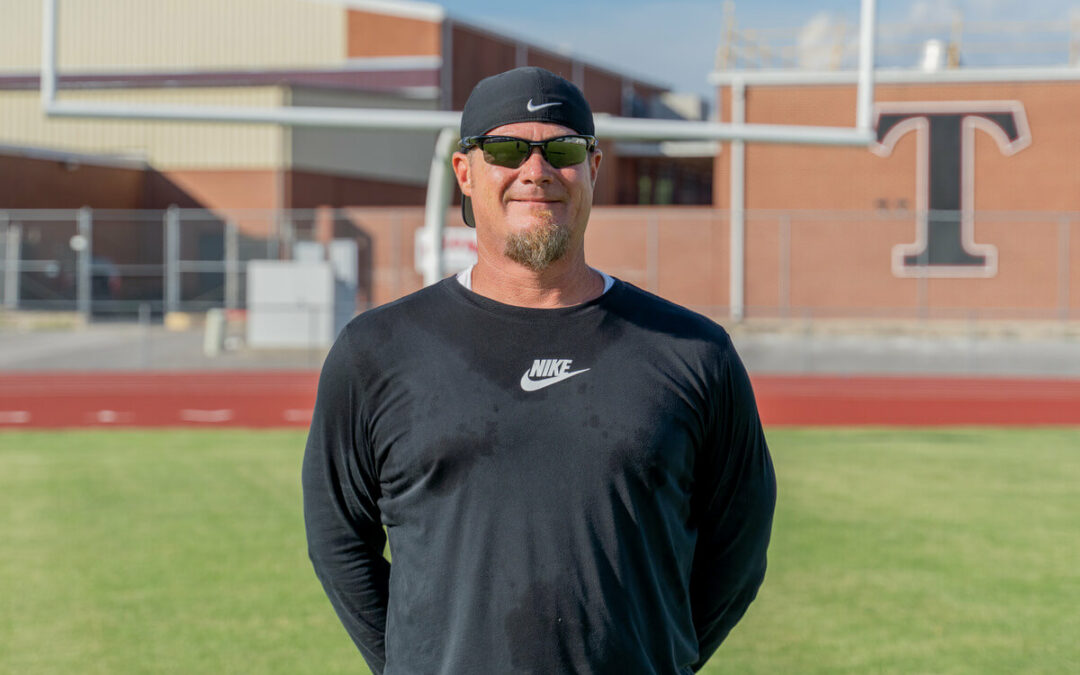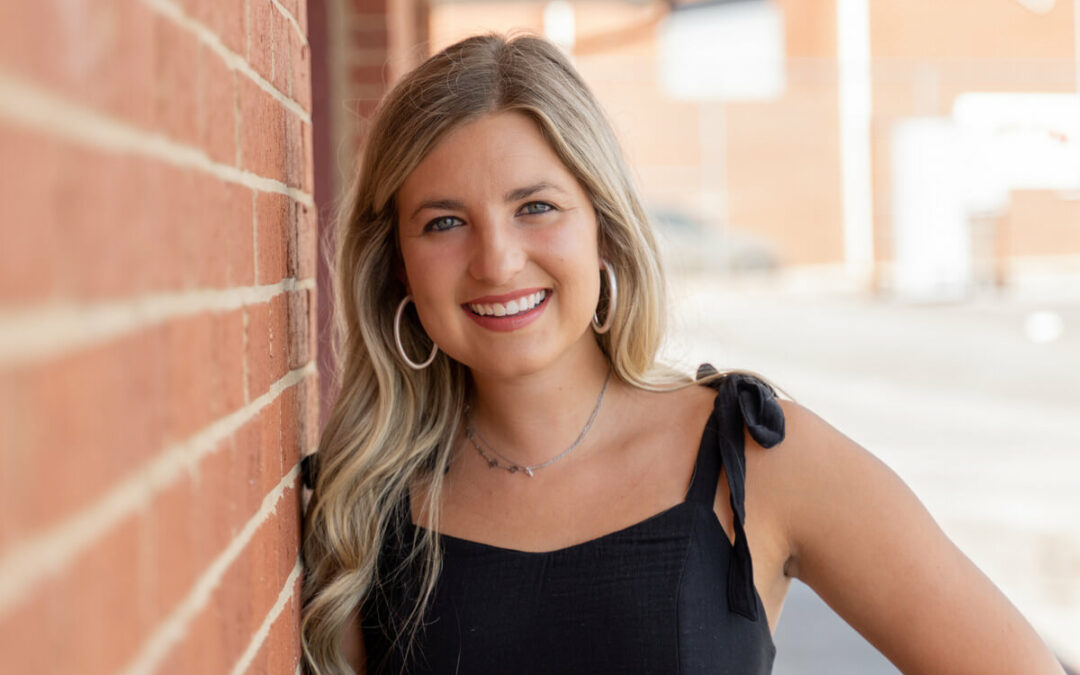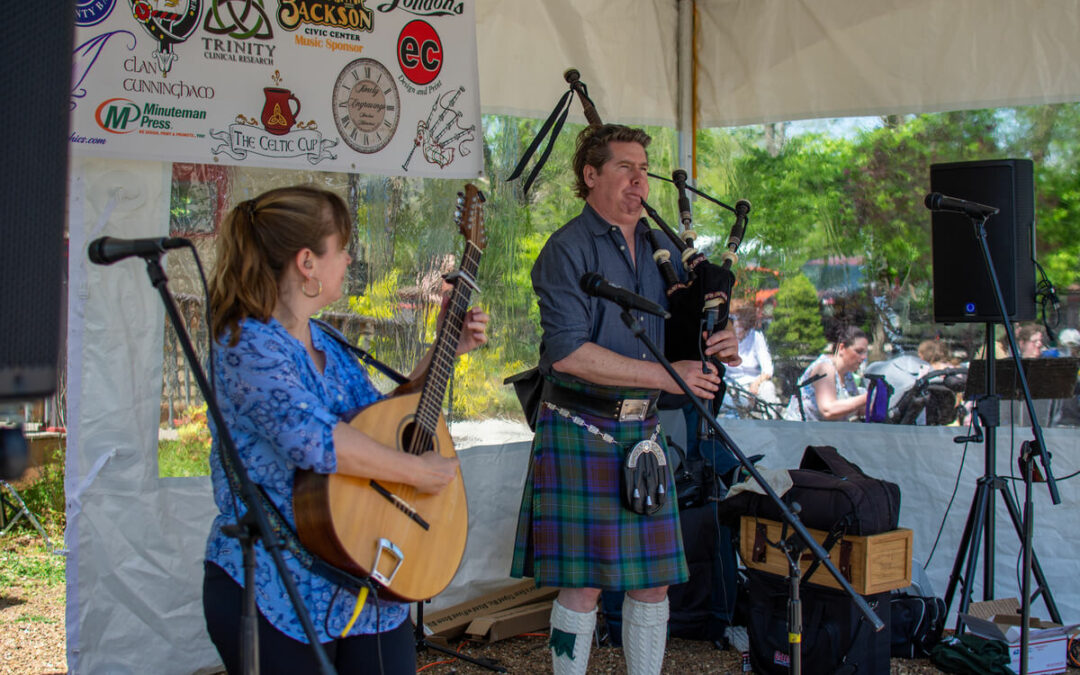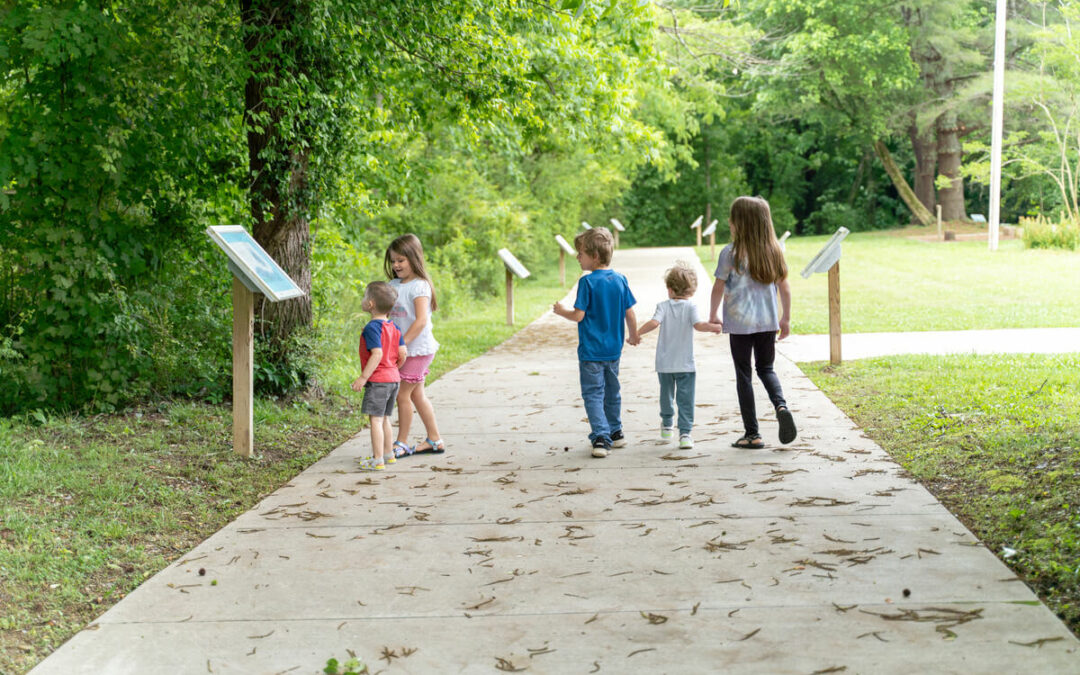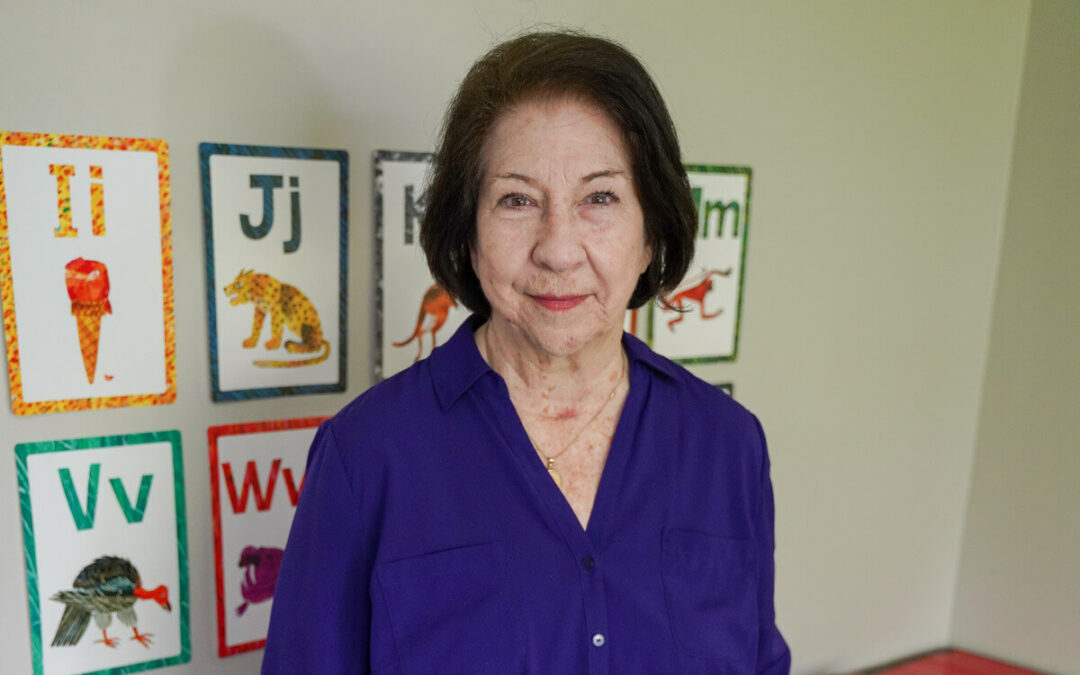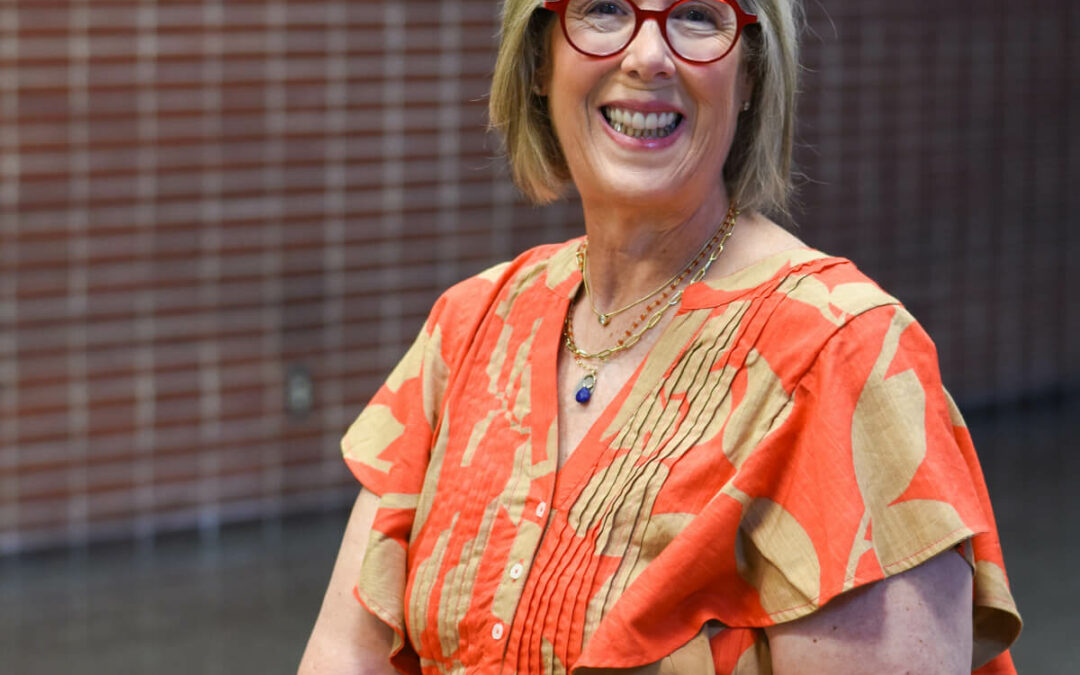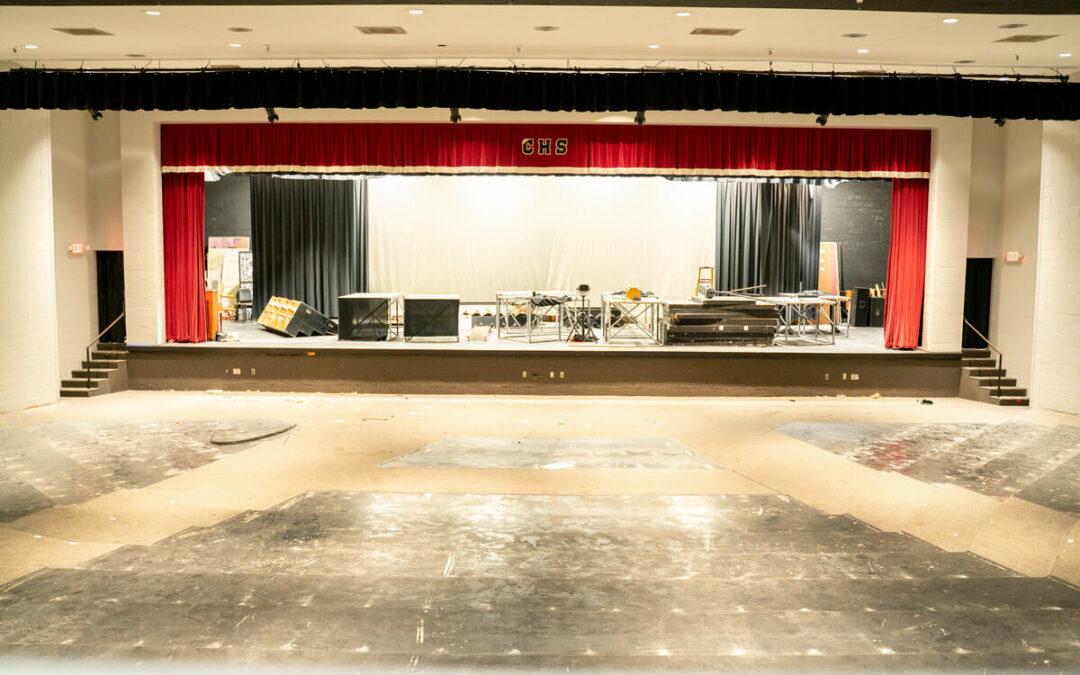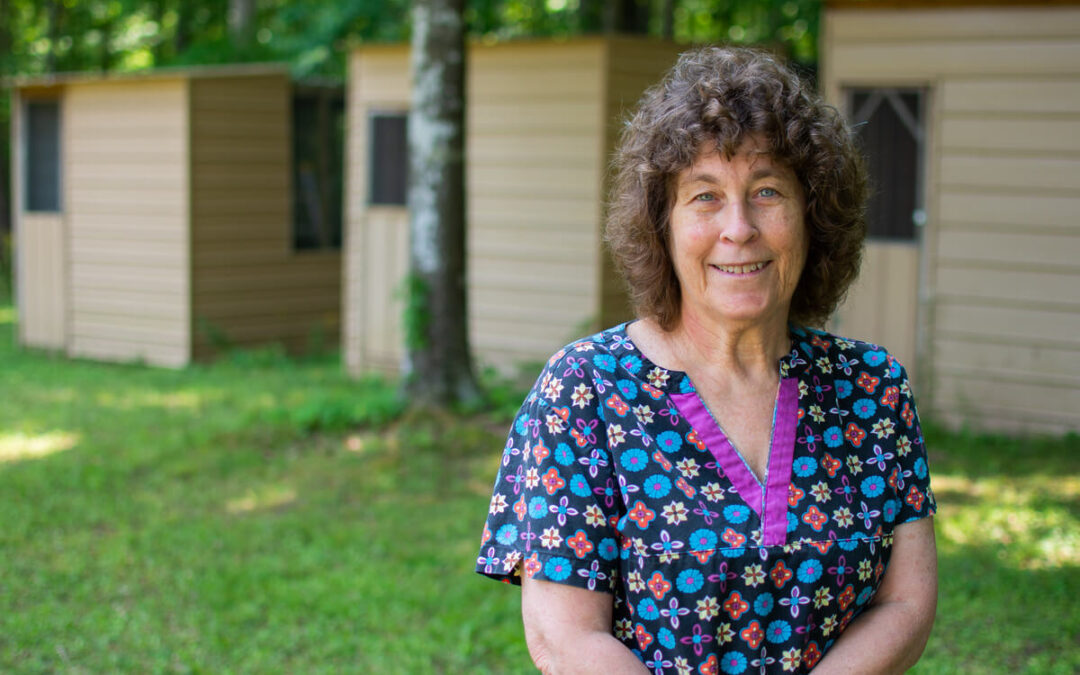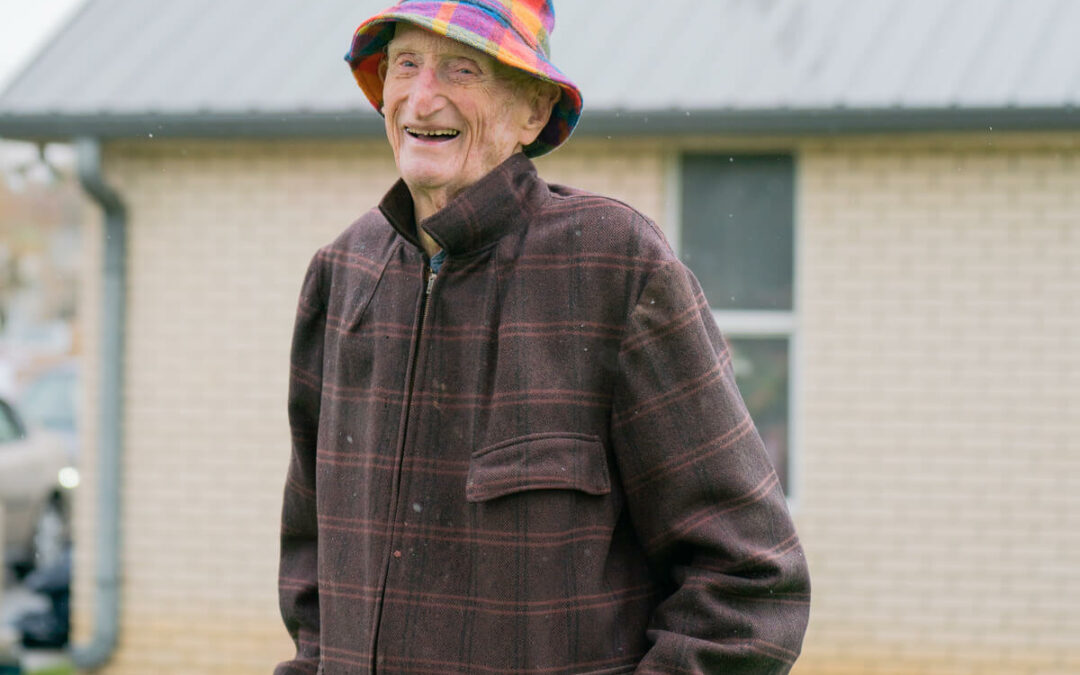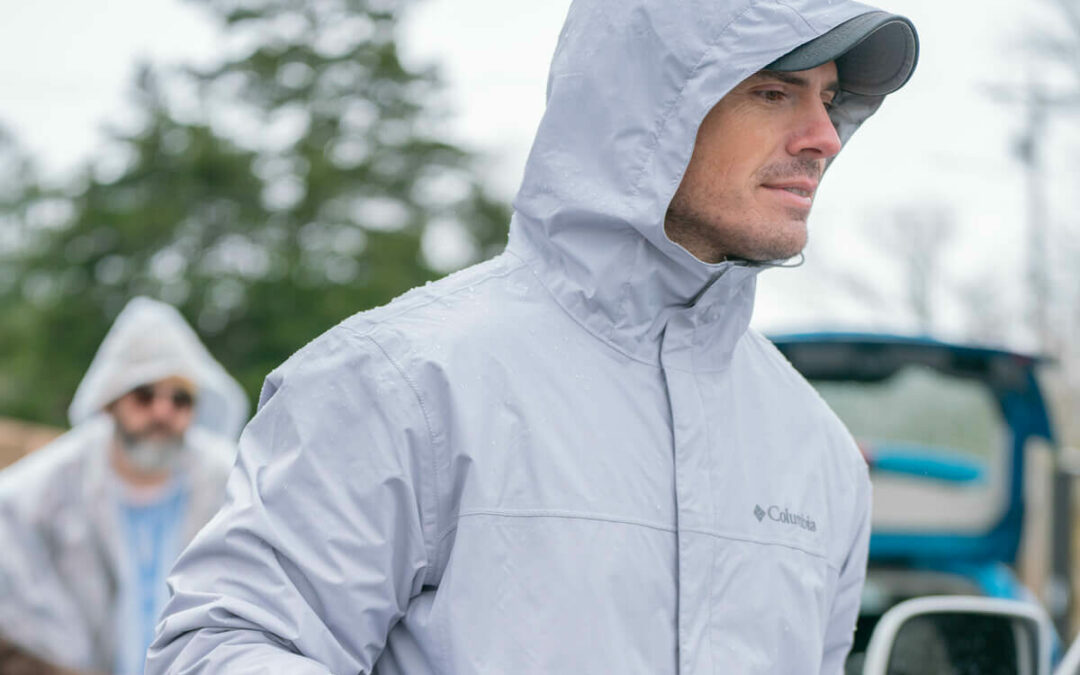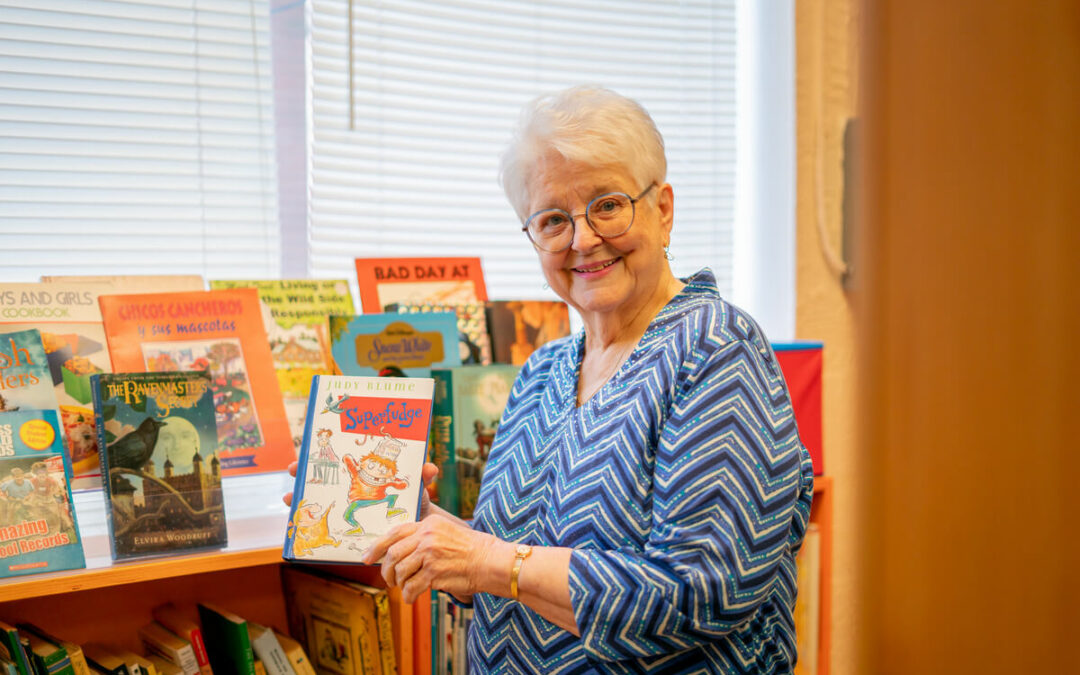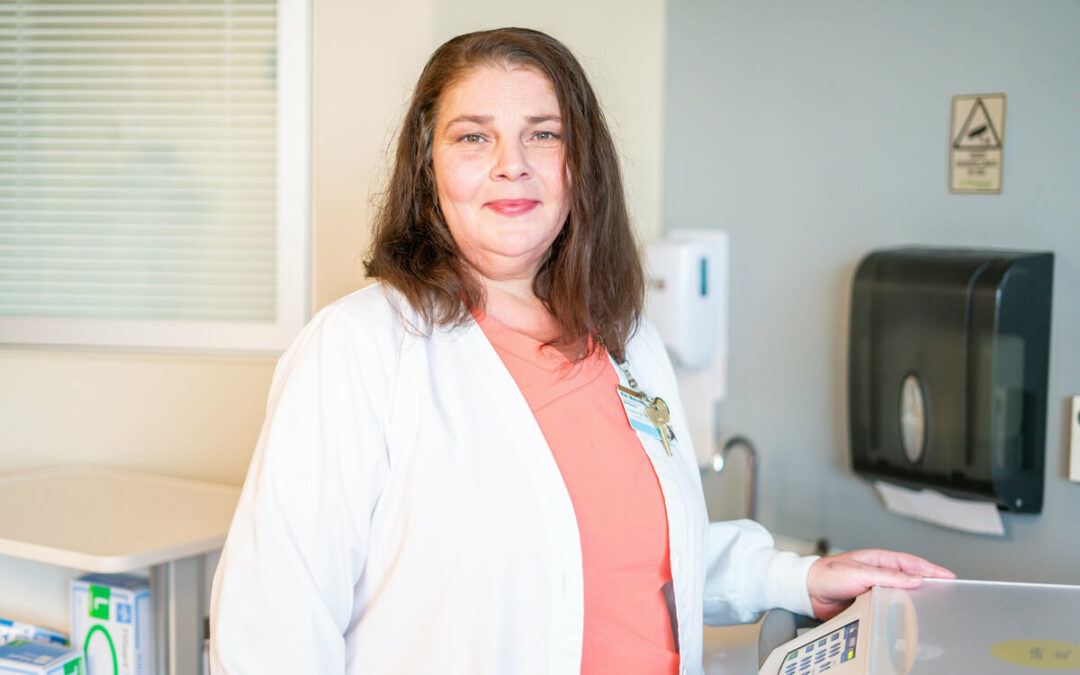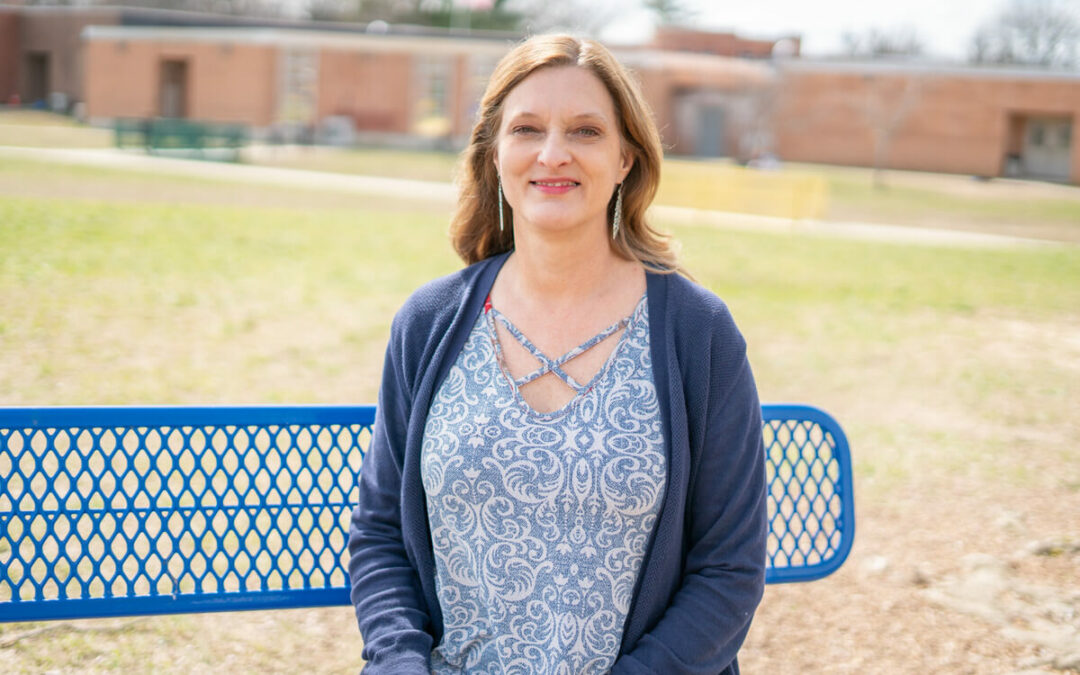Five-year-old Joe Capezza gripped the handlebars of his favorite bicycle as he raced down his neighborhood street, his tiny legs pumping with all the force they could muster. The breeze whipped through his hair, and the world blurred around him as his bike seemed to take on a life of its own. The quiet street ahead, a stretch of smooth asphalt, invited him to explore more. Little did he know that that day’s adventures would become a lifelong fascination with two wheels — one that would carry him across continents and down both literal and metaphorical roads.
His first bicycle was the spark behind why so many children around Tullahoma today receive their first bikes.
As a seventh grader, his curiosity about his trusty English three-speed bike led him to take it apart piece-by-piece, down to the smallest spring. He figured out how it all worked then quickly reassembled it — affirming his natural knack for mechanics.
Years later, that same boy found himself a proud member of the U.S. Army, serving as a contractor in Kazakhstan and then returning to Tennessee.
“There have only been two periods in my life since I was 5 where I couldn’t cycle. One was when I was in Vietnam, and the other was in Kazakhstan,” Capezza explained. “I’ve cycled through major cities in the United States and several countries overseas as well.”

He started cycling in New York and then expanded to include Greece, Belgium, the Netherlands, and even St. Kitts and Nevis. After returning from Vietnam, the adventure continued in New York before settling in Vermont for four years. Eventually, the journey led to sunny Florida for 11 years before moving to Texas. After eight years there, he has found his cycling home in Tennessee, where he has been enjoying the roads for 34 years and counting.
Capezza became a certified cycling instructor several years ago when the Jeff Ross Cycling Foundation reached out to the Highland Rim Bike Club with training opportunities. In 2016, he was asked to take over the program after assisting his predecessor with several sessions at local schools.
Now, at 81 years old, Capezza spends his days channeling that love for cycling into teaching. Alongside the Highland Rim Bike Club, he teaches middle school students at West Middle School how to fix bicycles.
His goal is to help revitalize the local bike recycling program and help as many children as possible learn the joy of working on and riding a bike, just as he did decades ago. Watching the middle schoolers tinker with gears and wheels brings him back to his childhood, racing up and down the same streets on his first bike.
“I love fixing things,” he said. “And that’s one of the things I enjoy teaching these kids. Some of them have never held a tool before — they don’t know a wrench from a screwdriver. But by the end of the program, they will have used each, along with several other tools. It’s a sense of accomplishment for them.”

The bike program has become such a hit that Cindy Herrera, the principal at West Middle School, often comments on how much of an impact it has on the kids.
Capezza starts the program with the basics. Students learn how to remove tires, replace tubes, and pump up tires. As the program progresses, they tackle more advanced topics like chain adjustment, derailleur maintenance, and brake alignment. By the end of the first session, they’re already well-versed in essential bike maintenance.
By day two, the students dive deeper, inspecting the bike frames for damage, learning to lubricate chains, and discussing the importance of hydration and nutrition for long rides.
Capezza shared his personal experience: “It’s important to have nutrition, or you suffer what’s called the ‘bonk,’ when you’re riding along and all of a sudden you just can’t go anymore.”
The program covers everything from installing new brake pads to adjusting handlebars and teaching gear ratios. Some parents have suggested the program be included in the school’s STEM curriculum, a recommendation Capezza fully welcomes.

The last day is all about safety. Students learn about helmet fit with helmets donated by Woody’s Bike Shop in Sewanee, bike registration, and pre-ride inspections. Additional features like lights, bottle cages, and bike computers can be added if the budget permits.
At the end of the program, the kids participate in a 3 1/2-mile test ride. Capezza rides alongside them, ensuring they know how to signal, stop properly, and ride safely in traffic. And the best part? The students who complete the program get to keep the bike they’ve worked so hard on.
Capezza remembered one moment vividly. An overjoyed 11-year-old raced past everyone on a 25-mile ride and earned the name “the racer.” Another time, a student ran up after finishing a ride and gave him the biggest hug. It’s those moments that make it all worthwhile for Capezza.
The donated bikes are the foundation for teaching students, with additional donations coming from the Mac 10 Running Club and community members and generous monetary donations from the Jeff Roth Cycling Federation.
The club always welcomes donations.

“We have to buy tires, tubes, chains, and lubricants. Right now, I’ve got enough to fix at least 10 bikes, but we can always use more.”
He’s also looking for storage space accessible enough for him or another club member to store their collection of around 40 bikes. He hopes to expand the program to East Middle School to involve more students and even extend the initiative to local high schools.
For Capezza, cycling is a passion he’s proud to share with future generations. Between watching young students race their newly fixed bikes and seeing their pride in learning new skills, Capezza knows that the little boy who once sped down his neighborhood street would be proud of the man he’s become.
And, of course, he couldn’t do it without the support of his club members.
“It’s a team effort, for sure,” Capezza said proudly. GN


